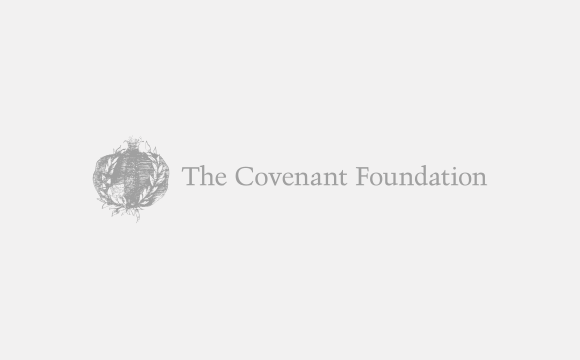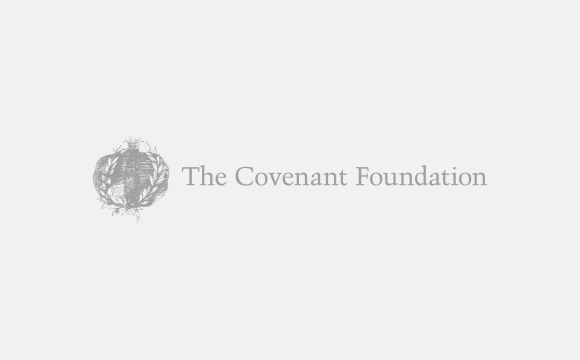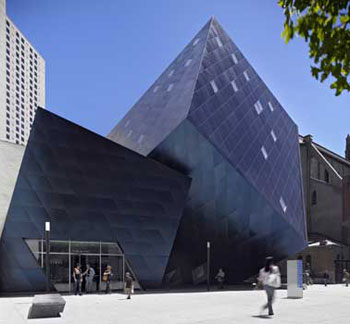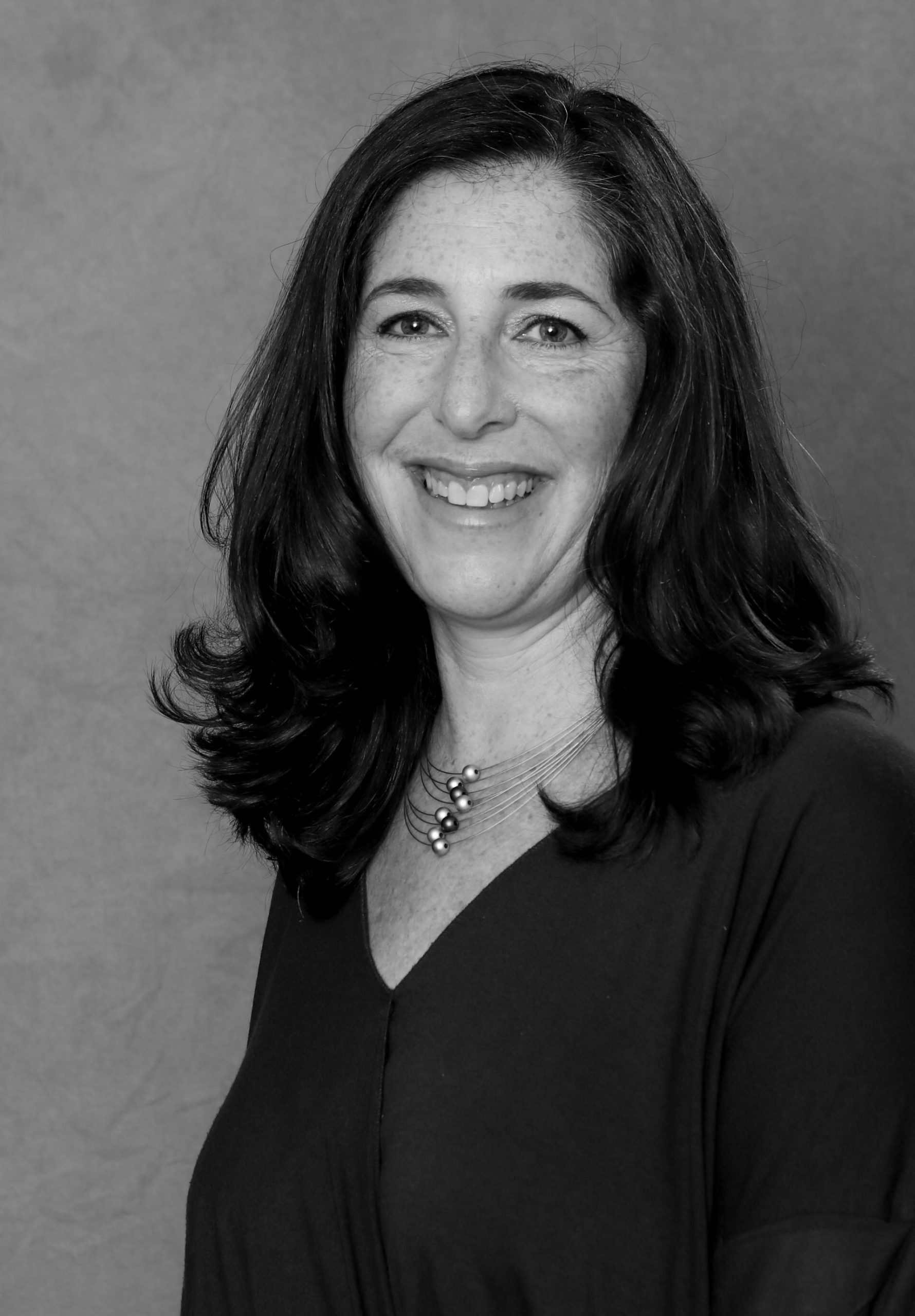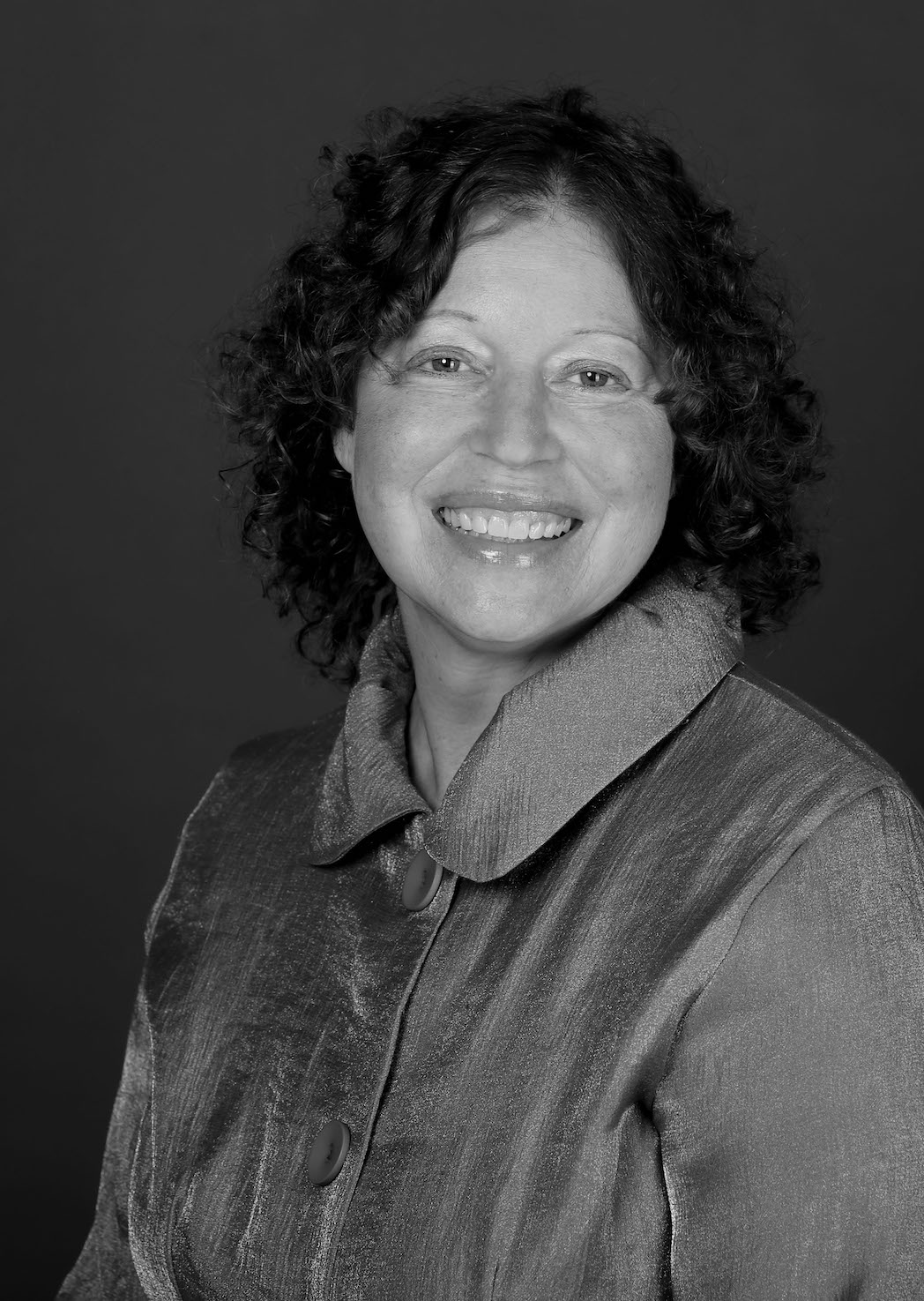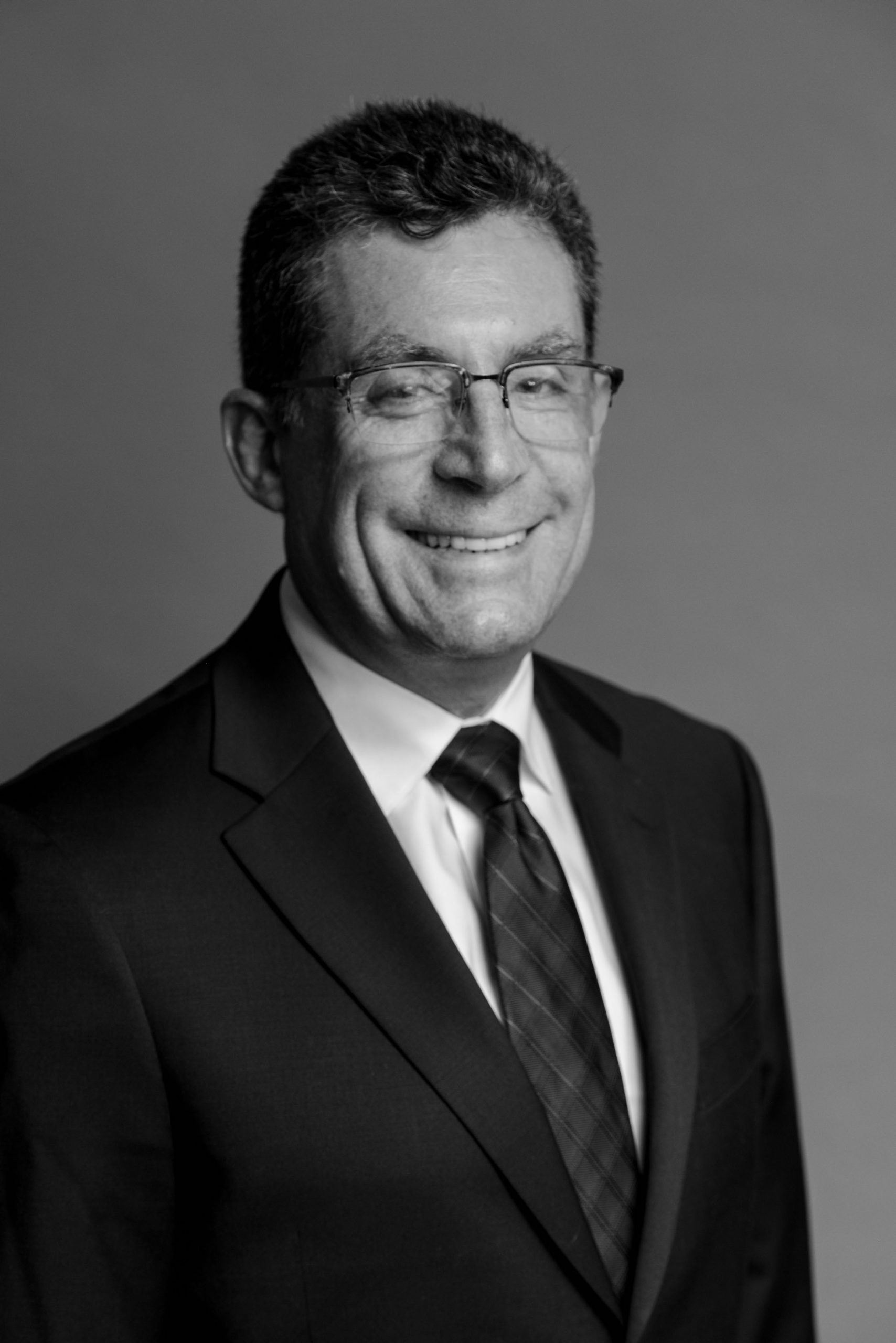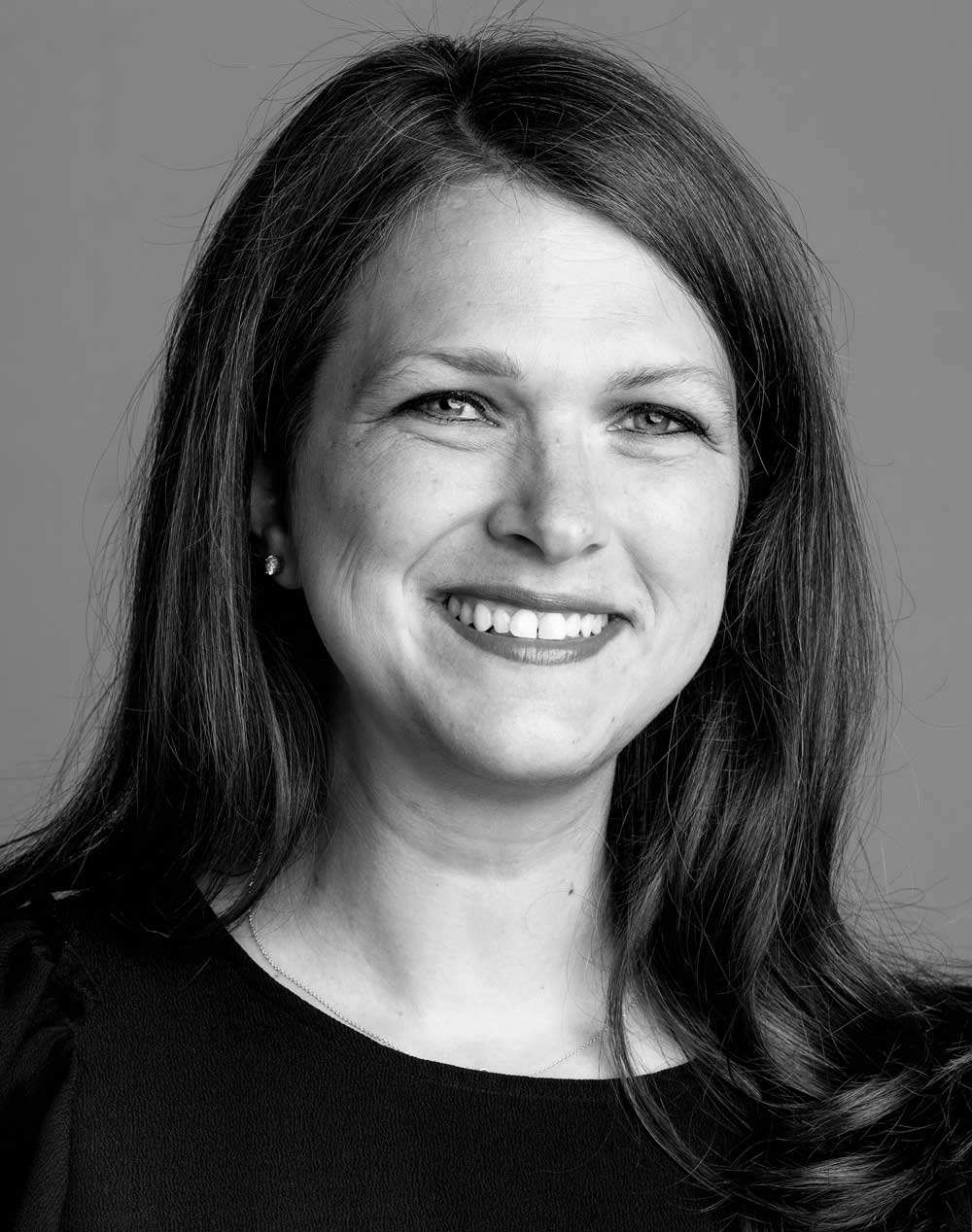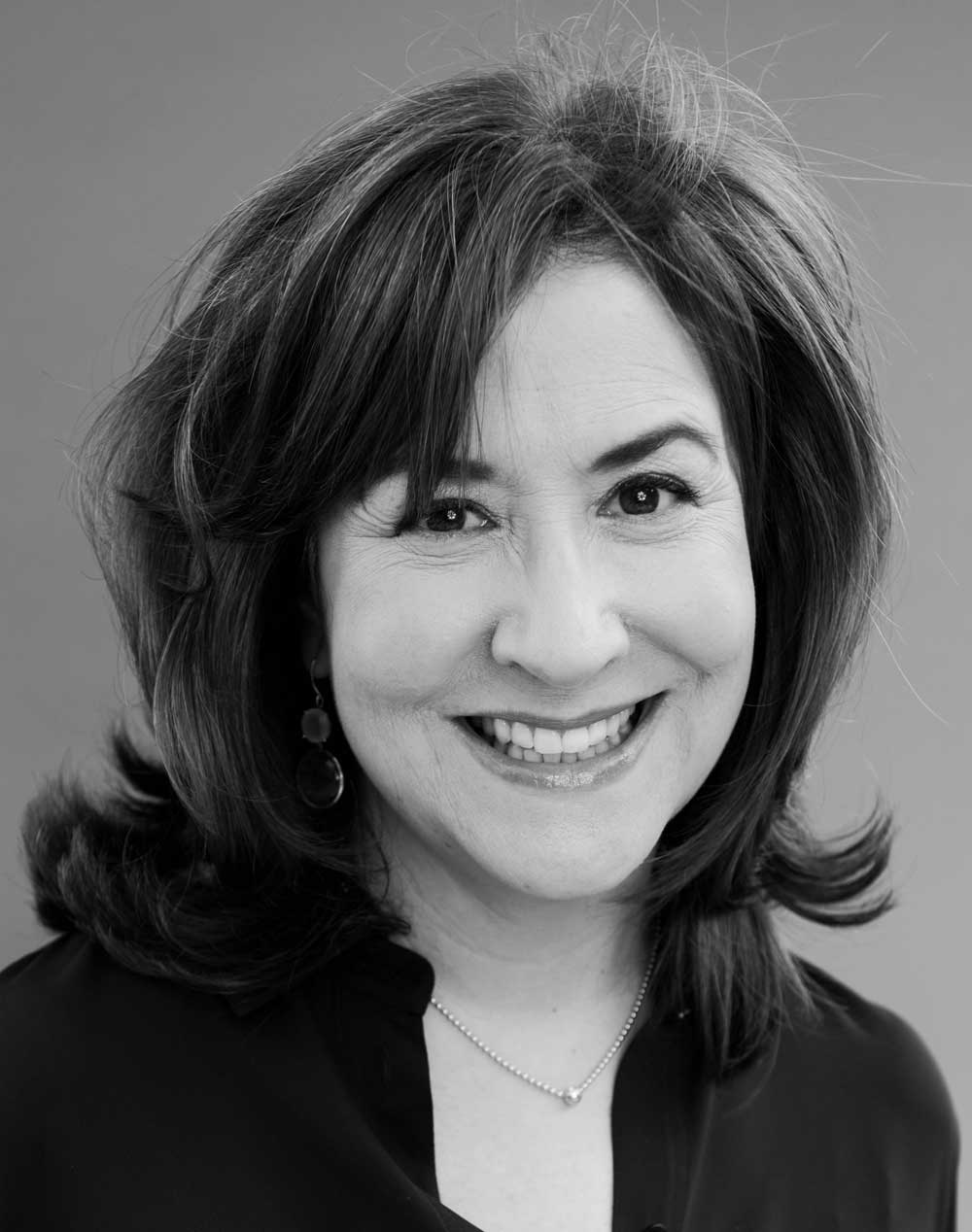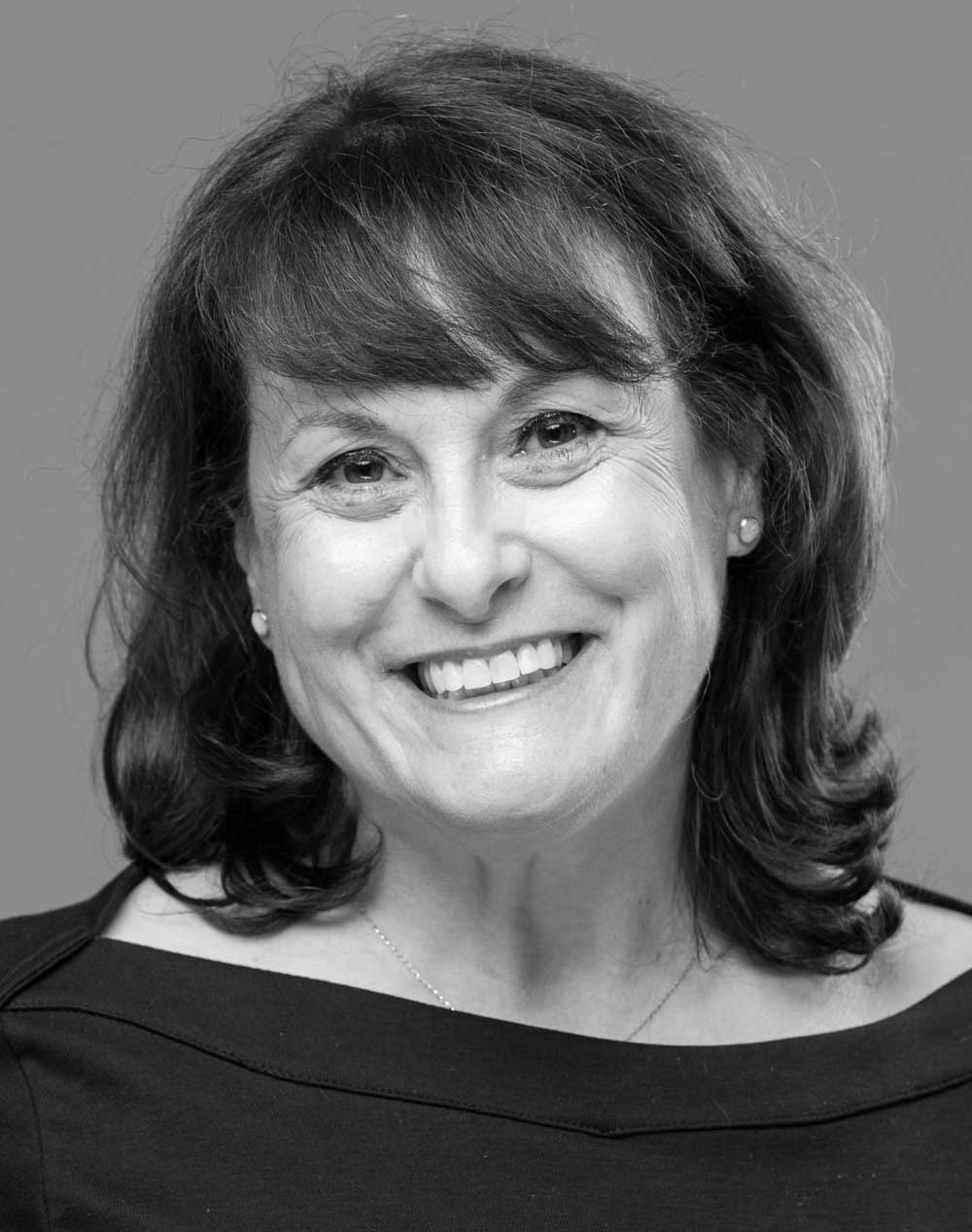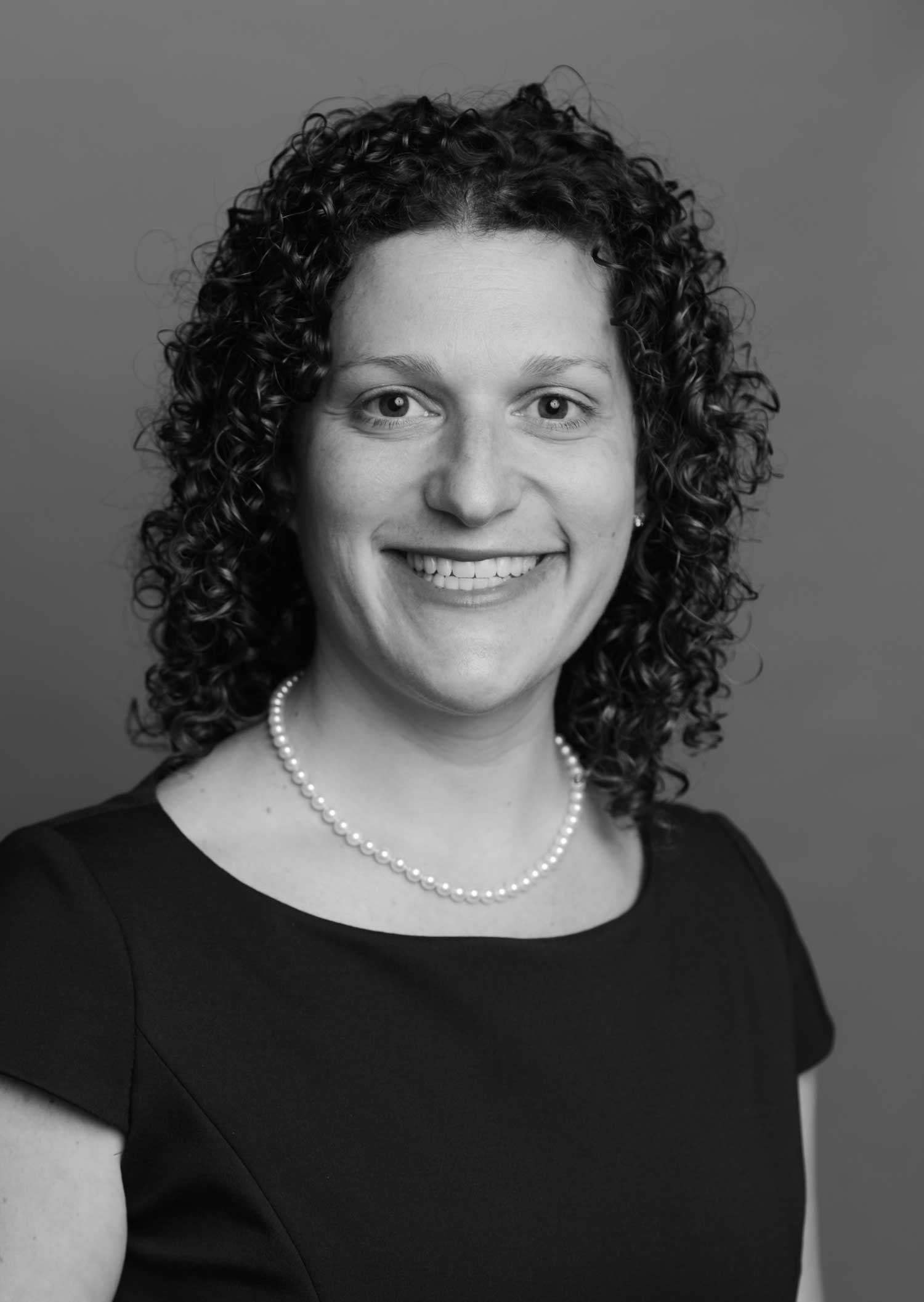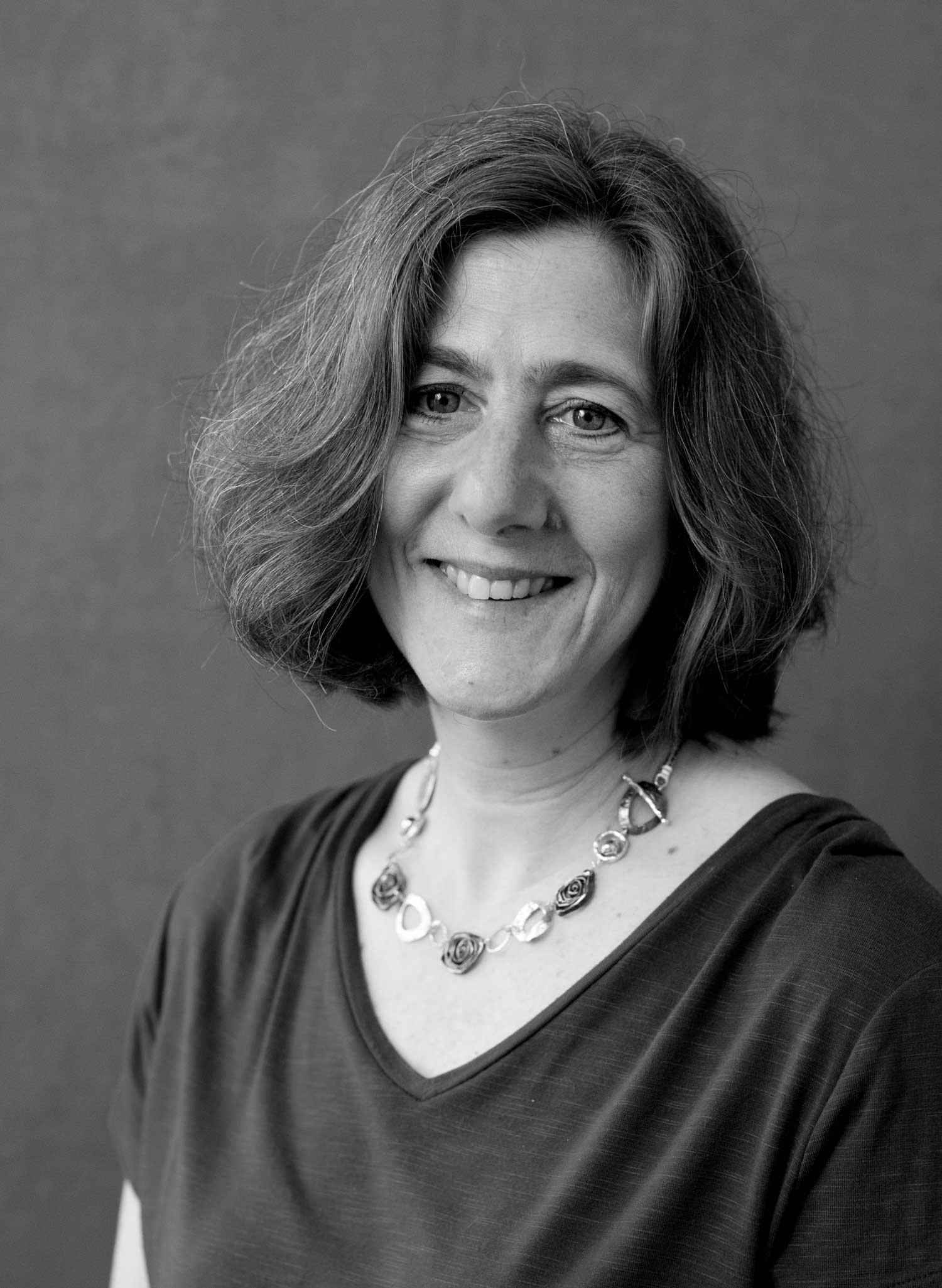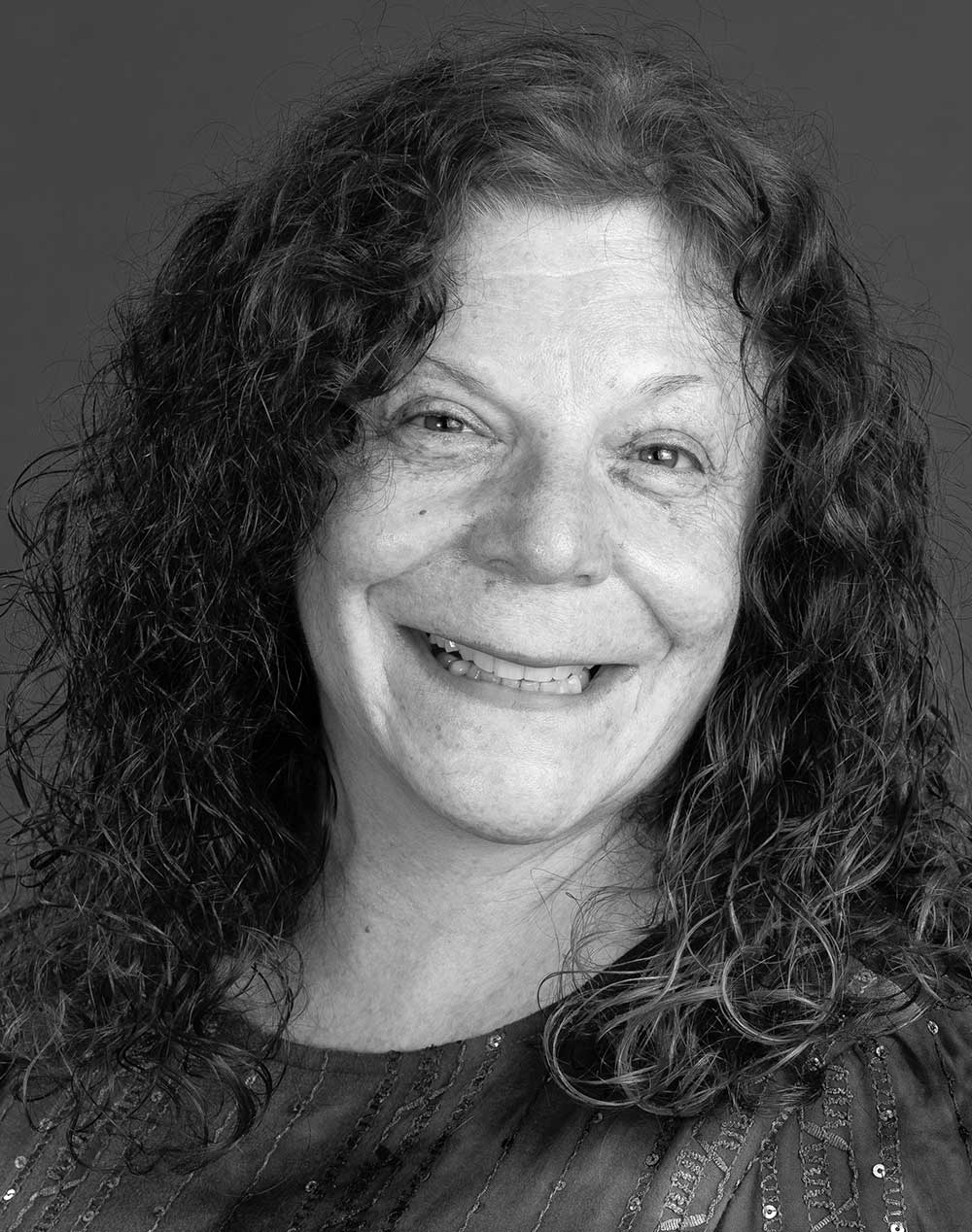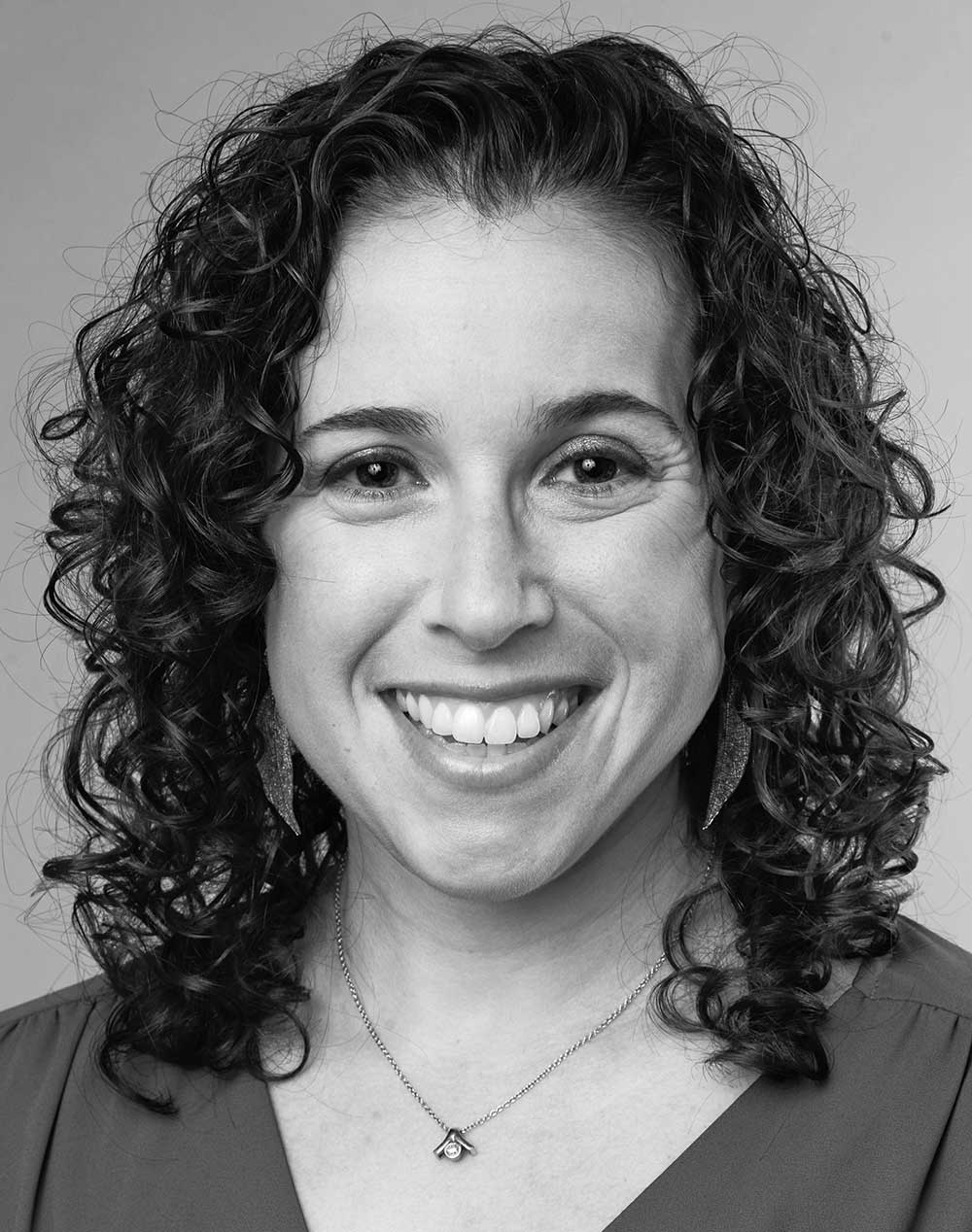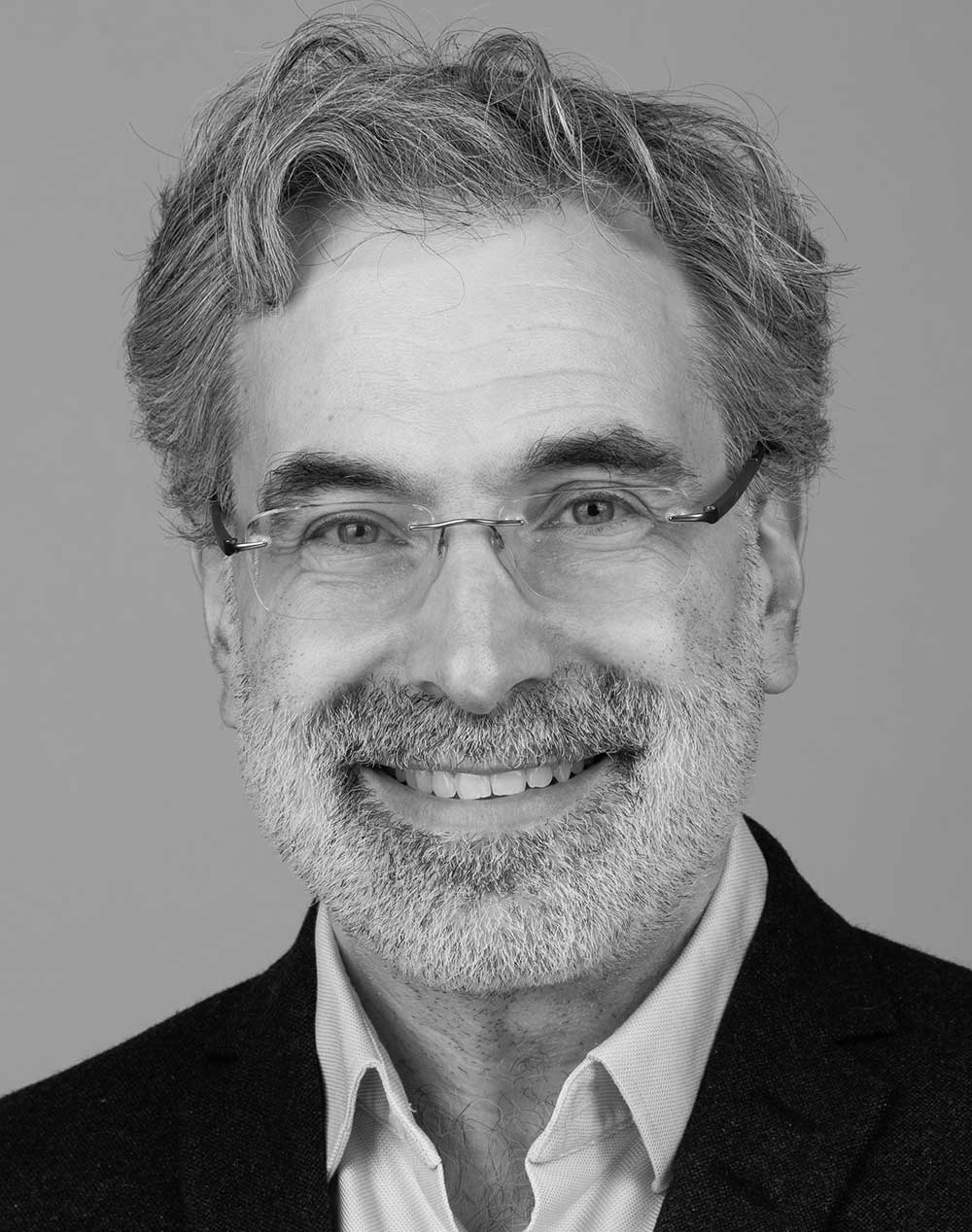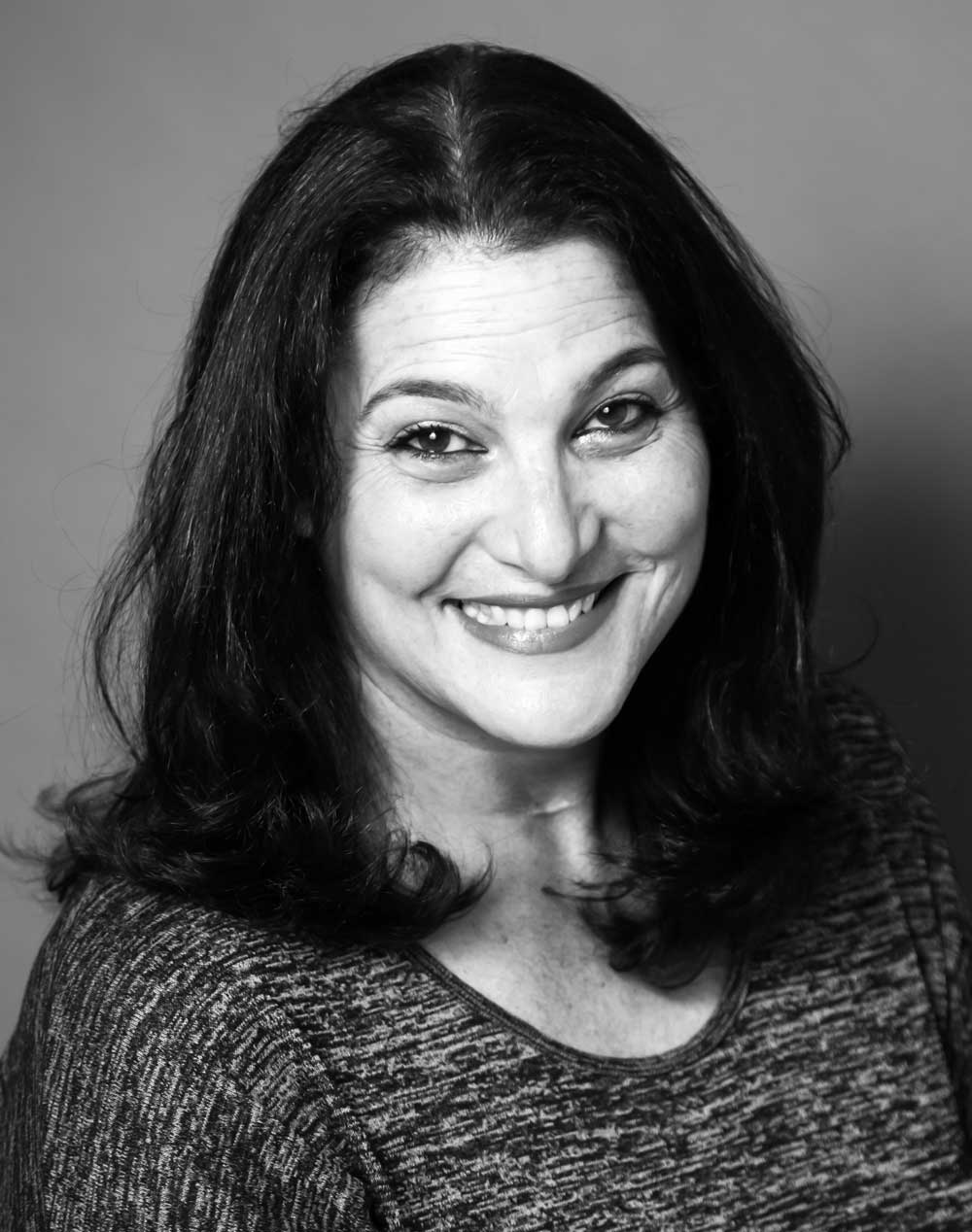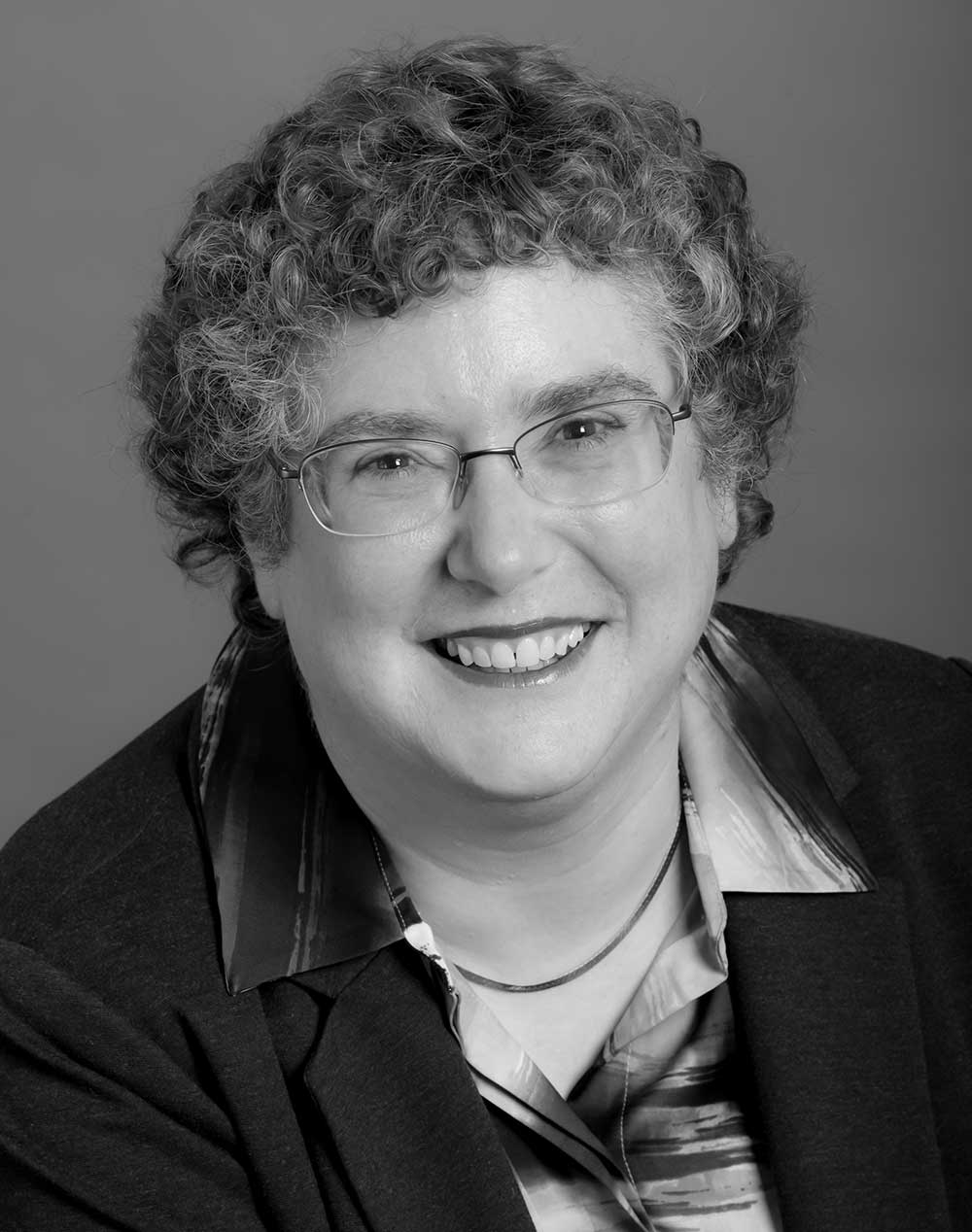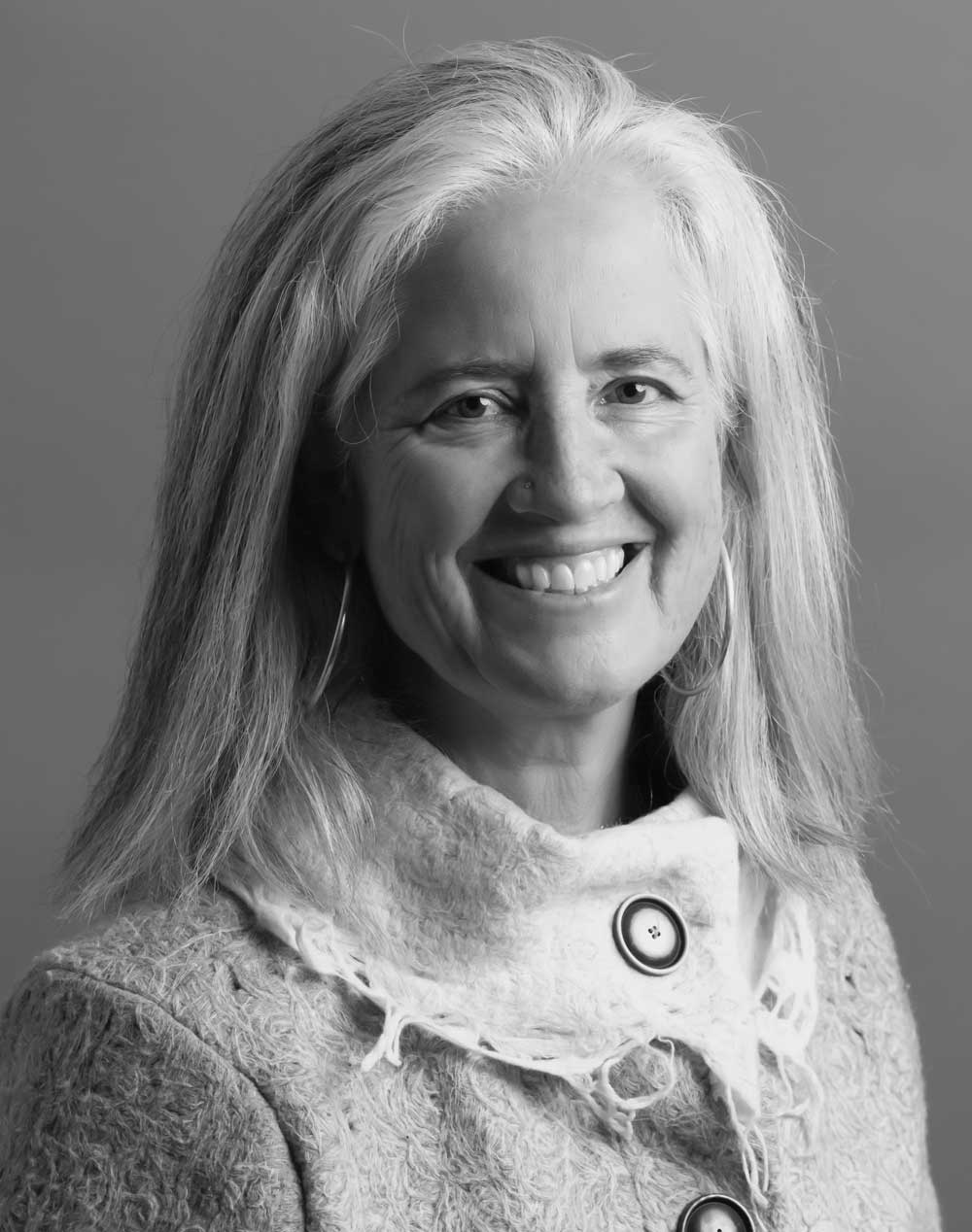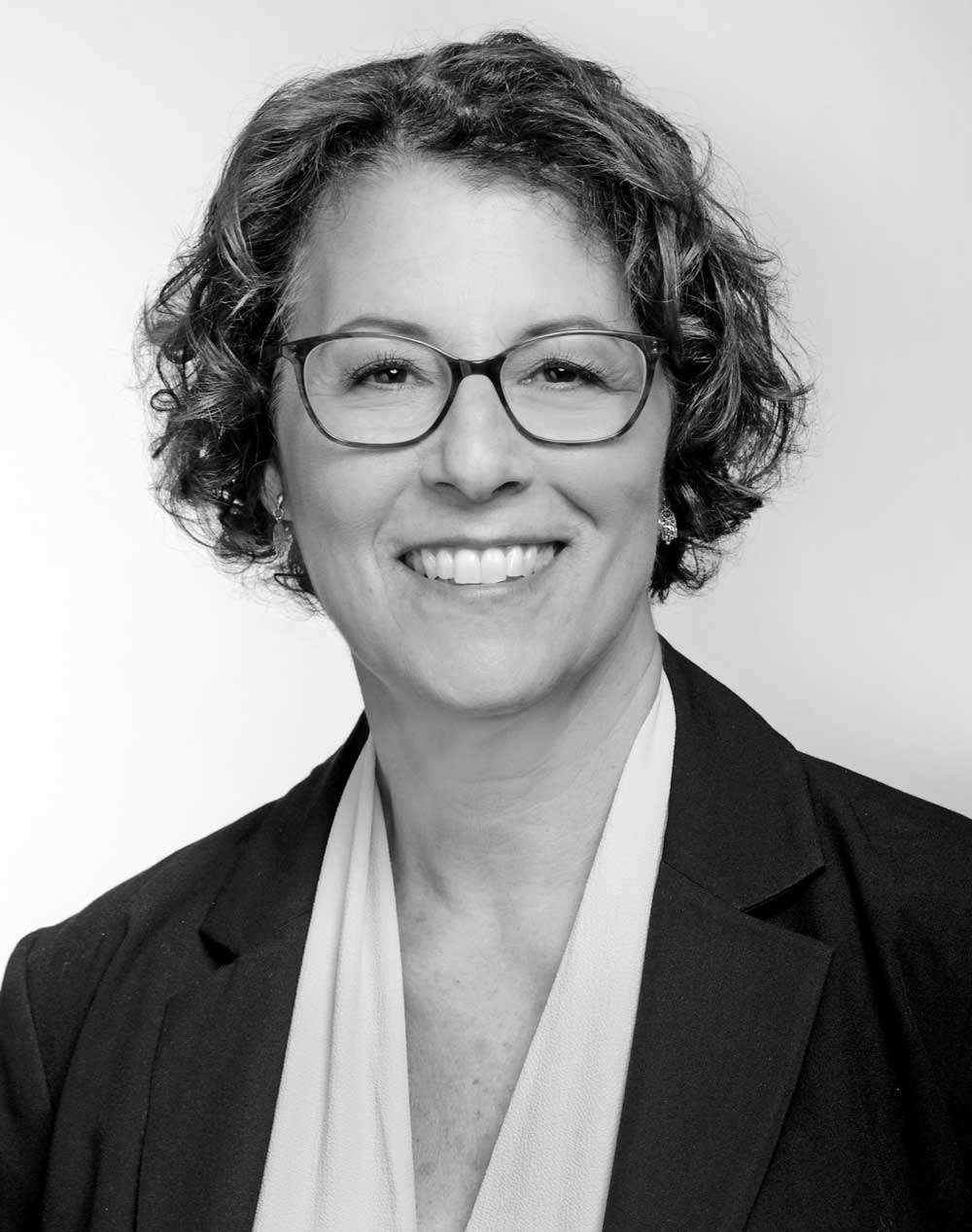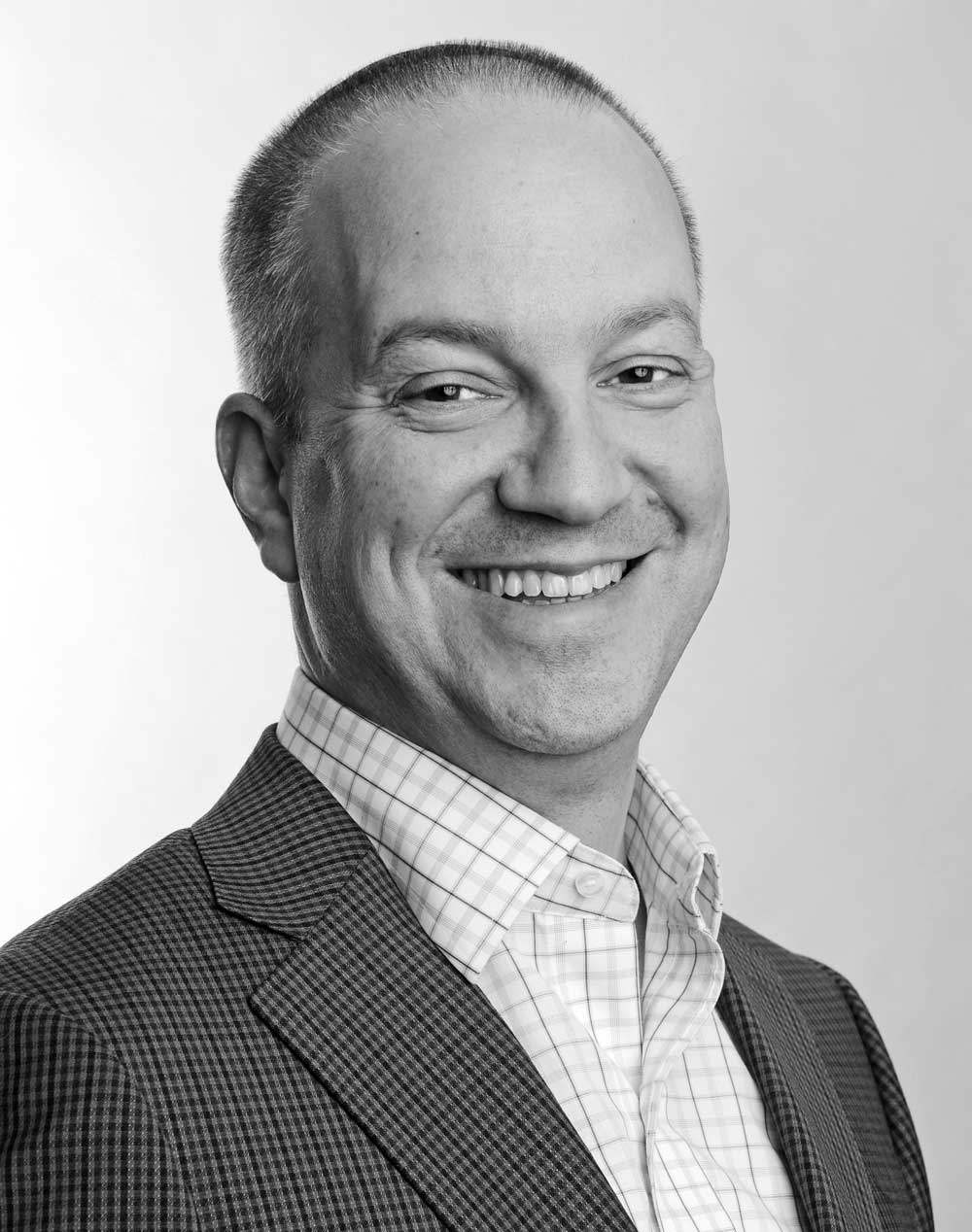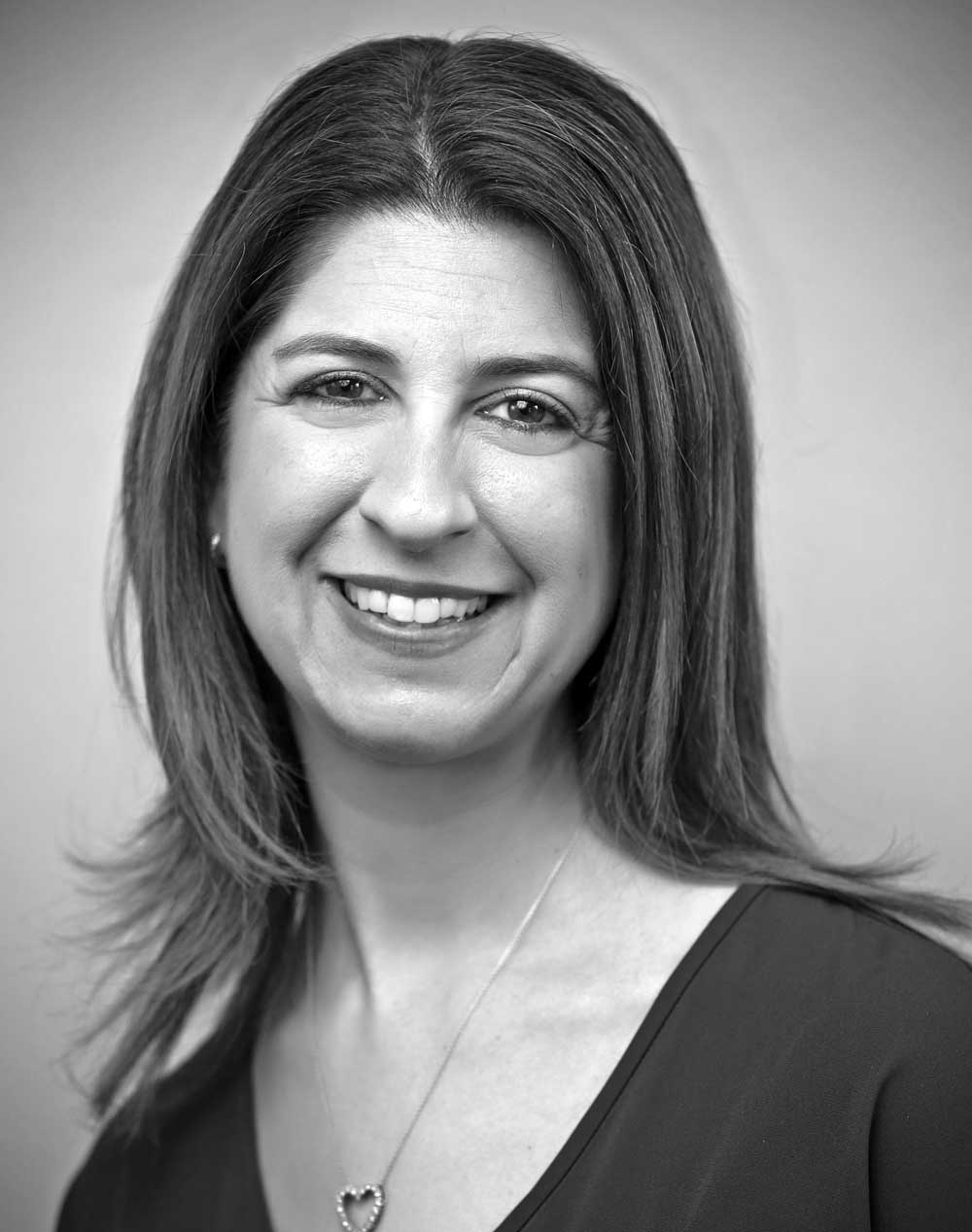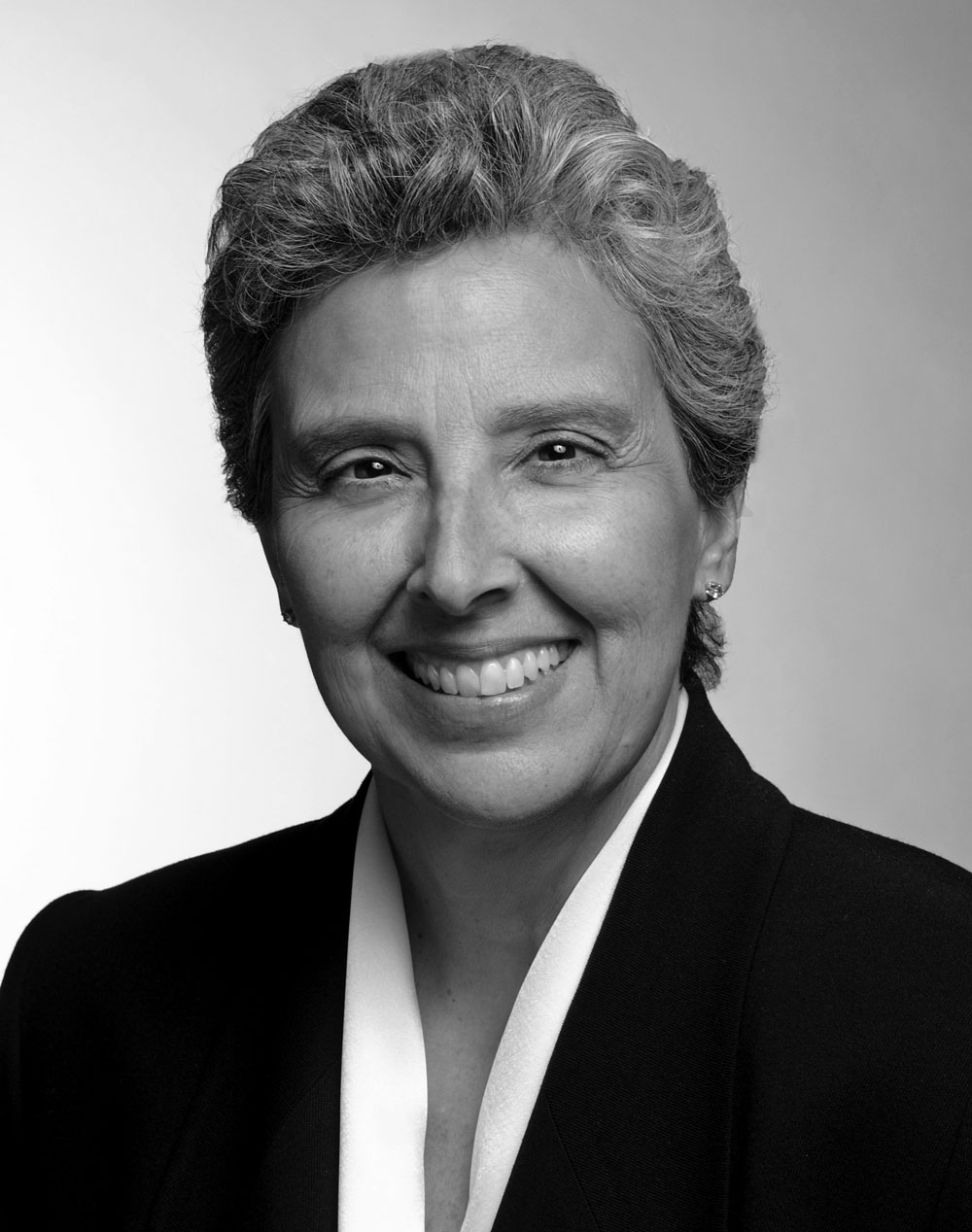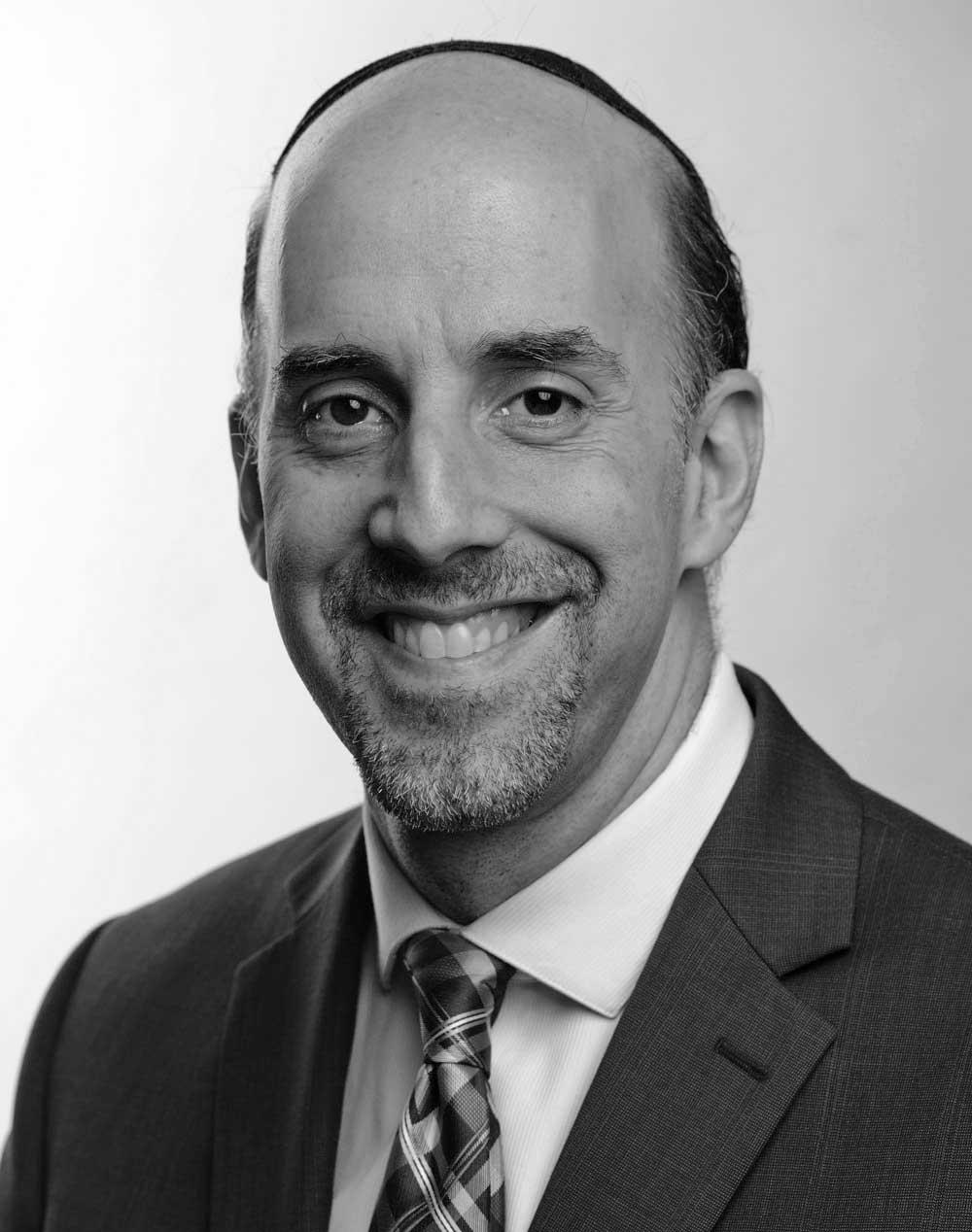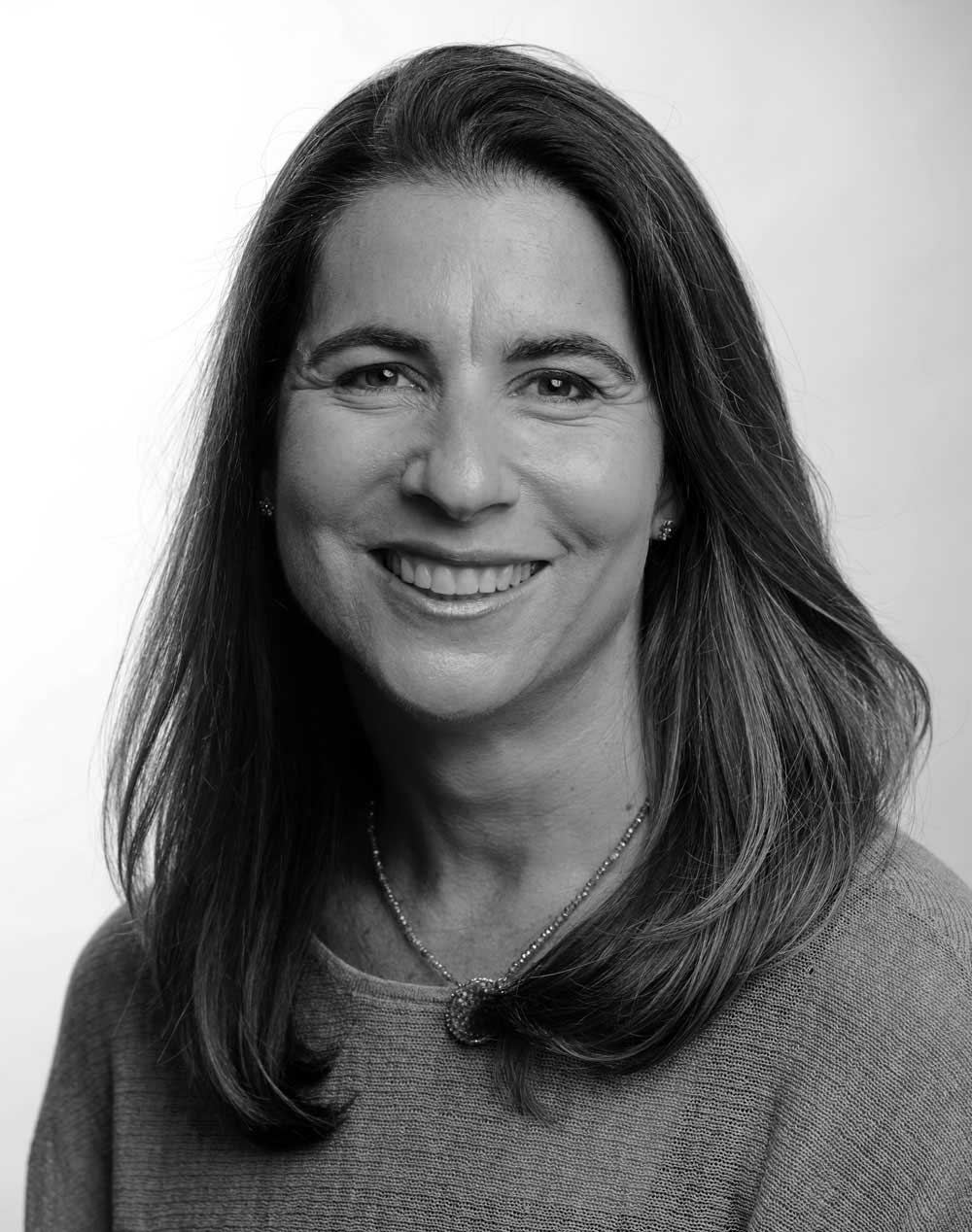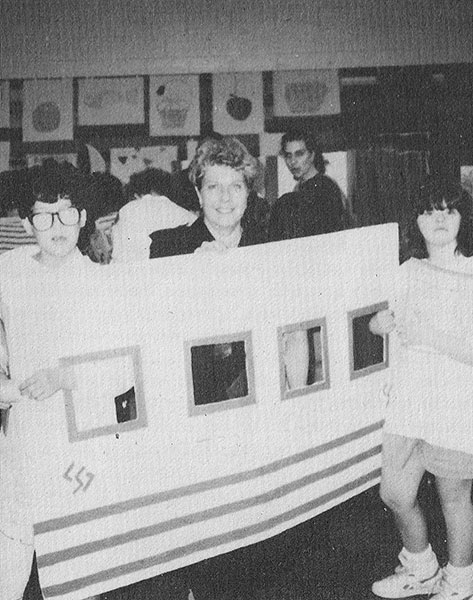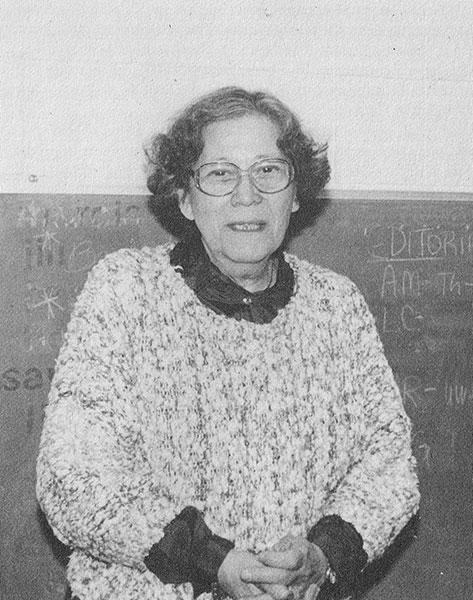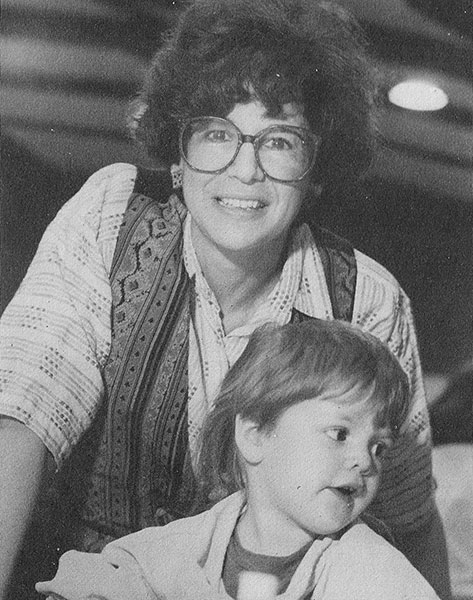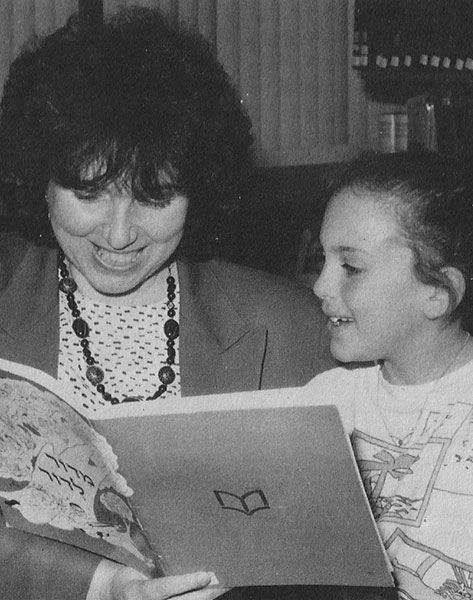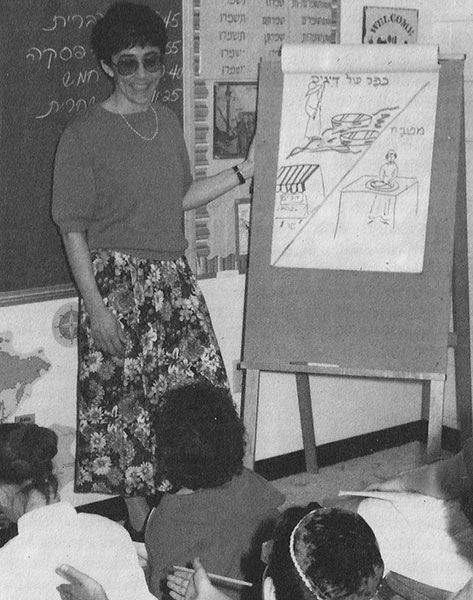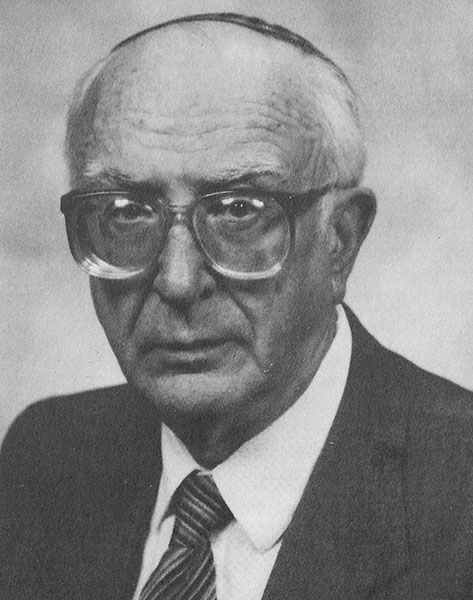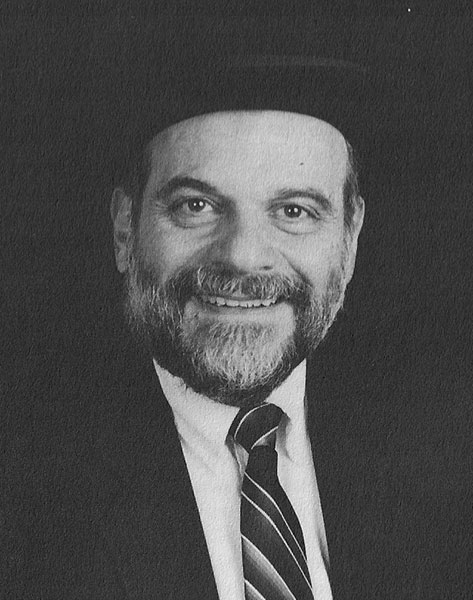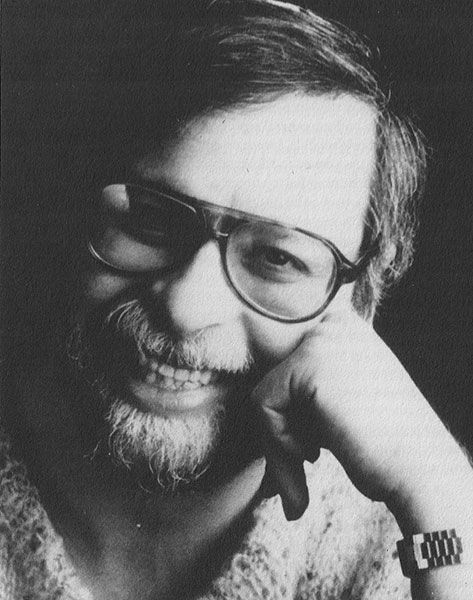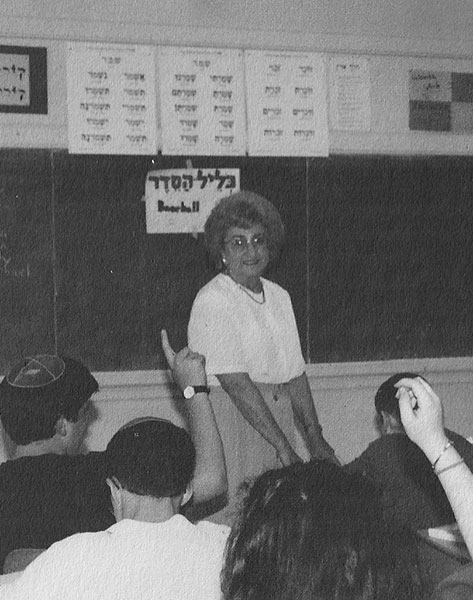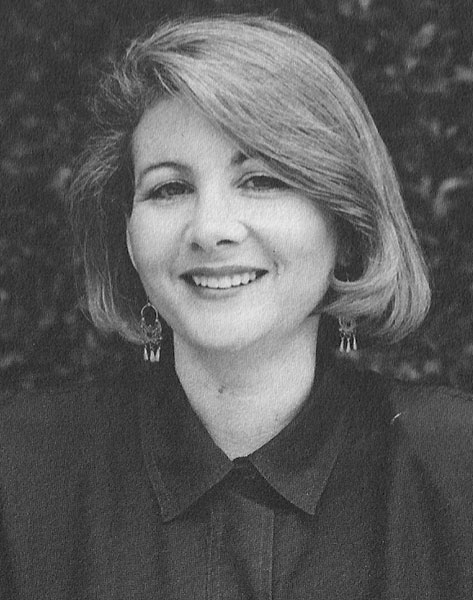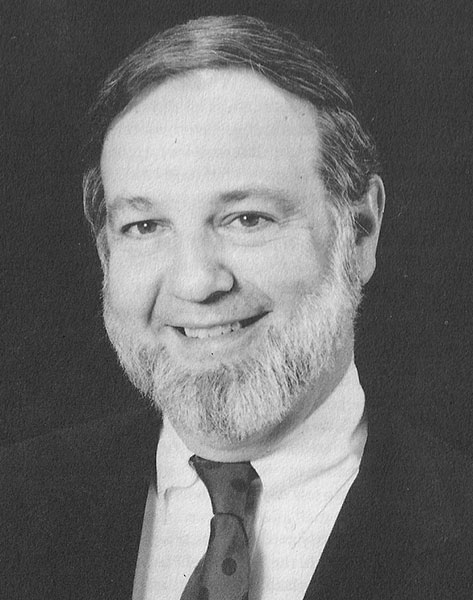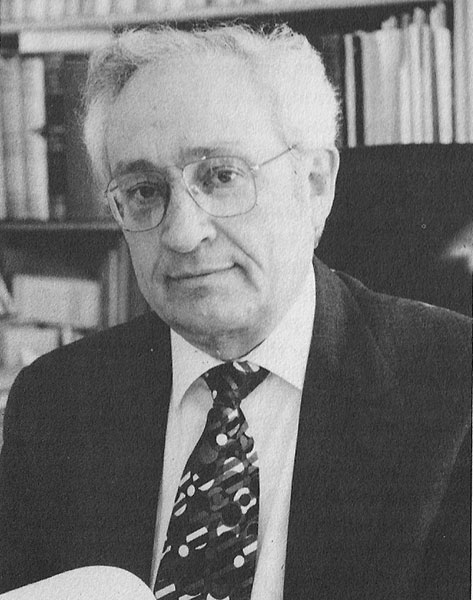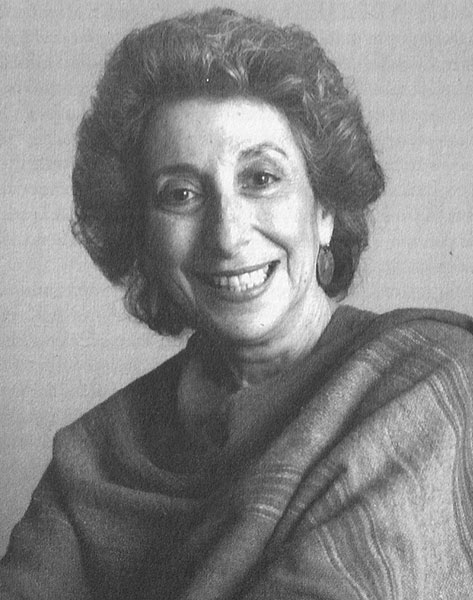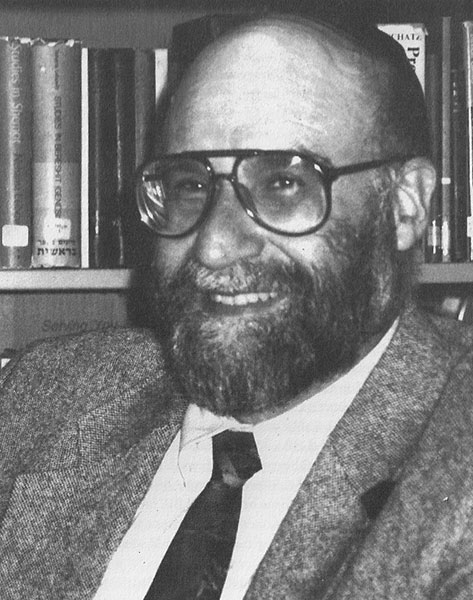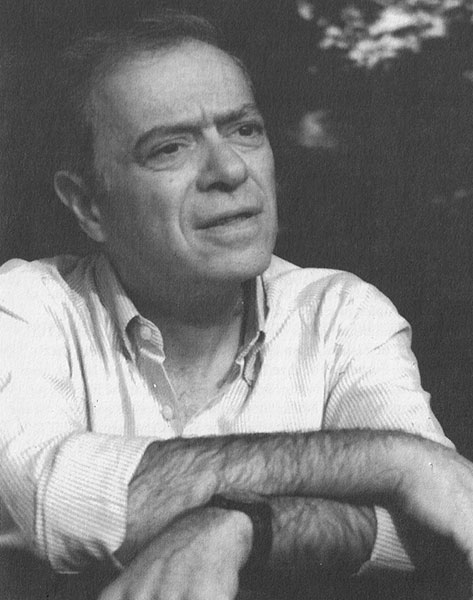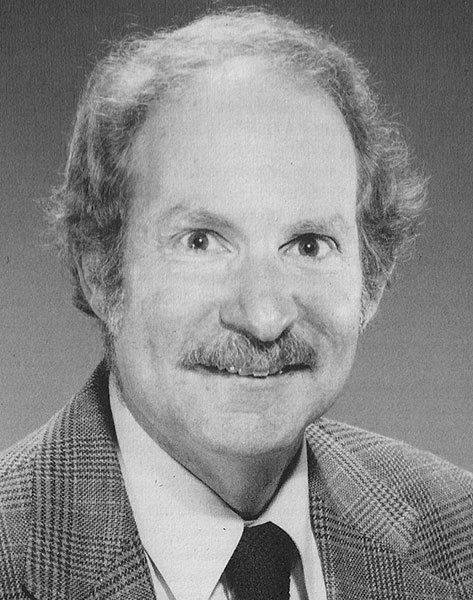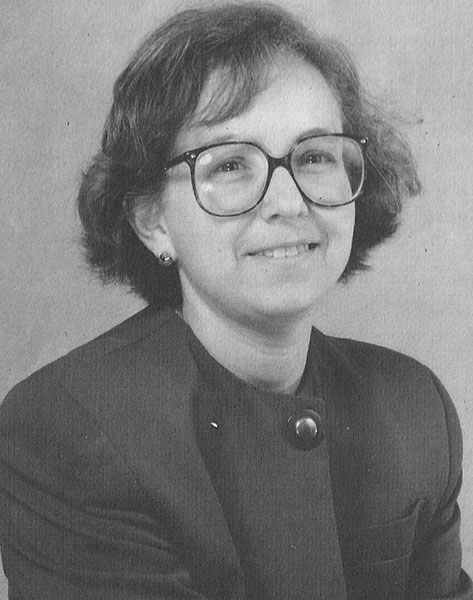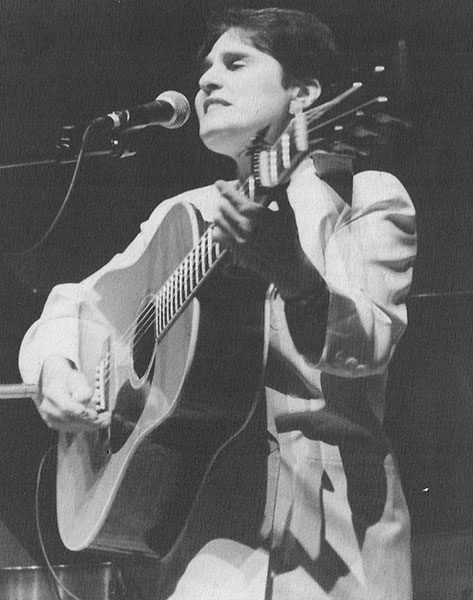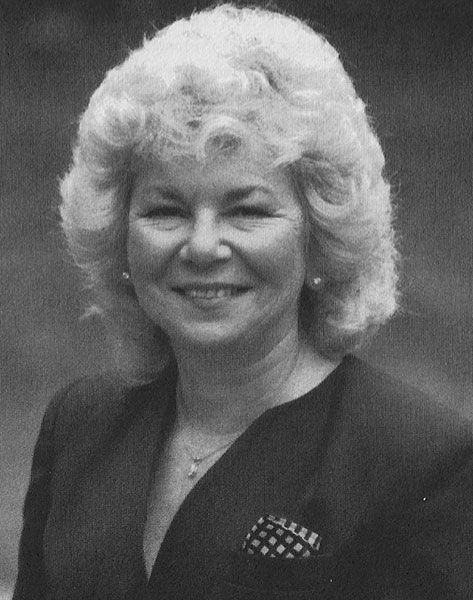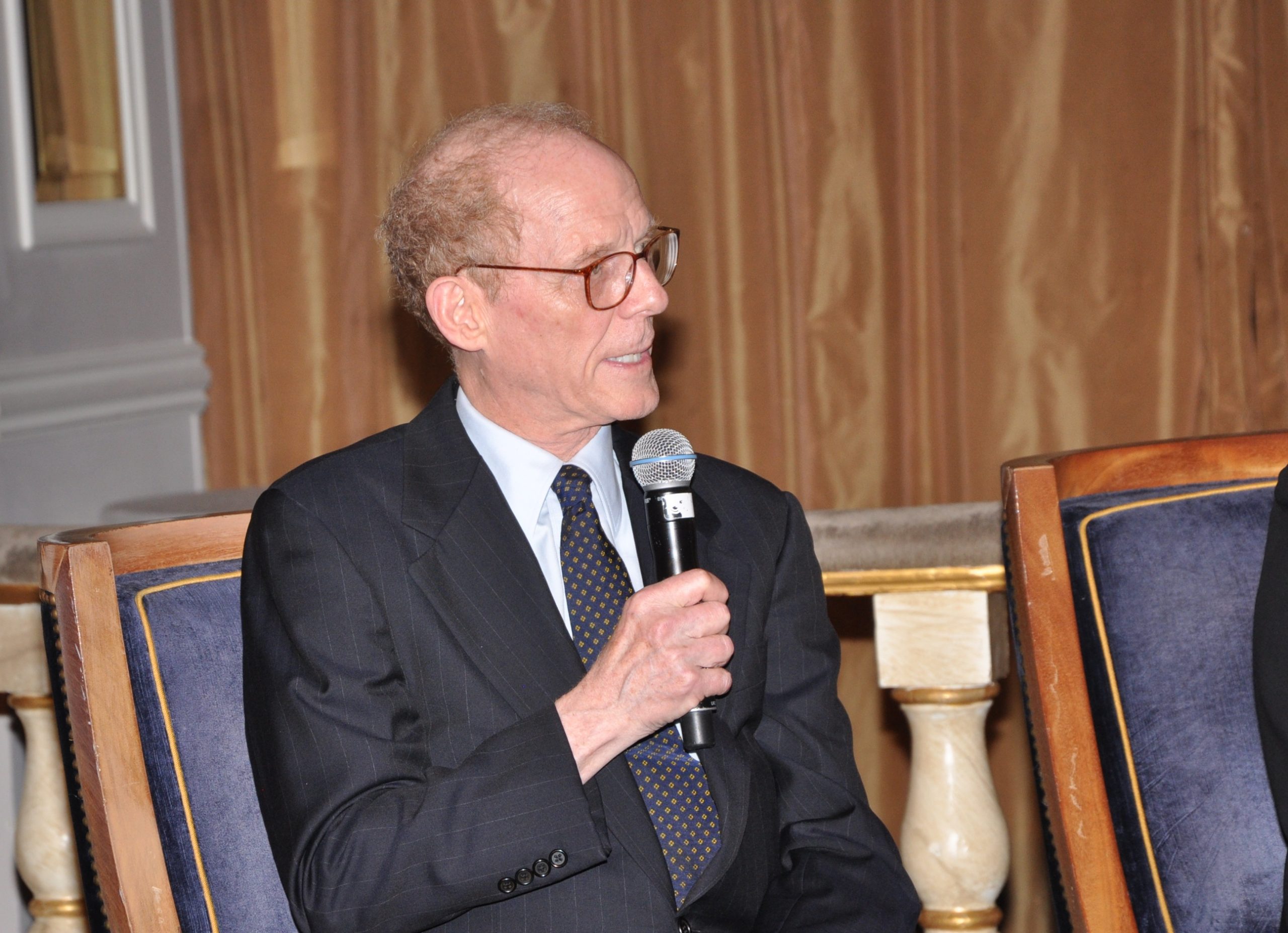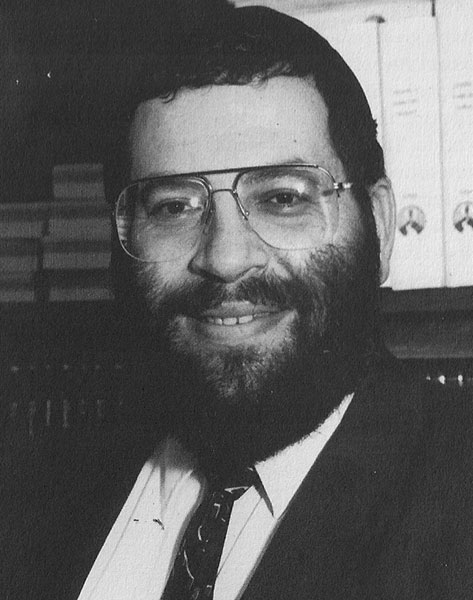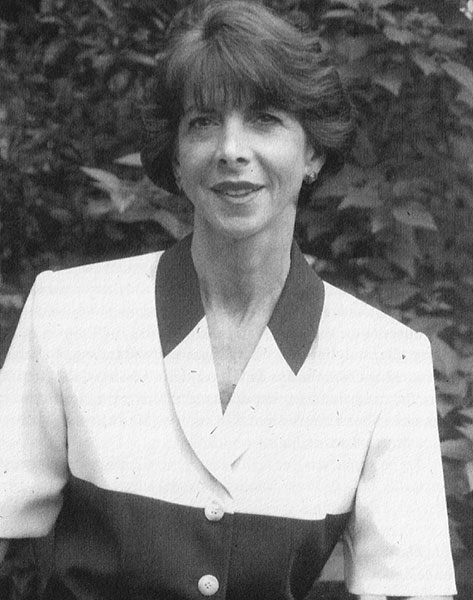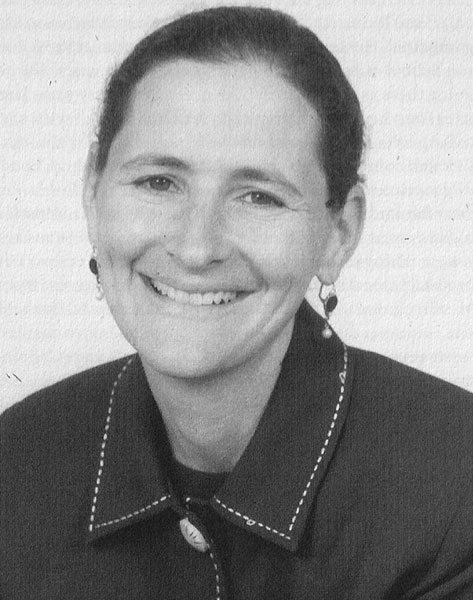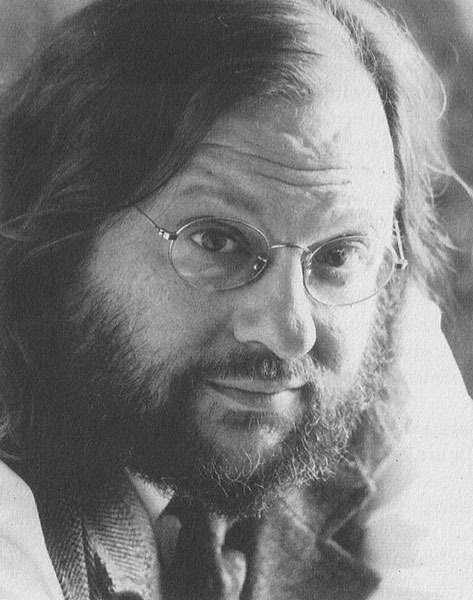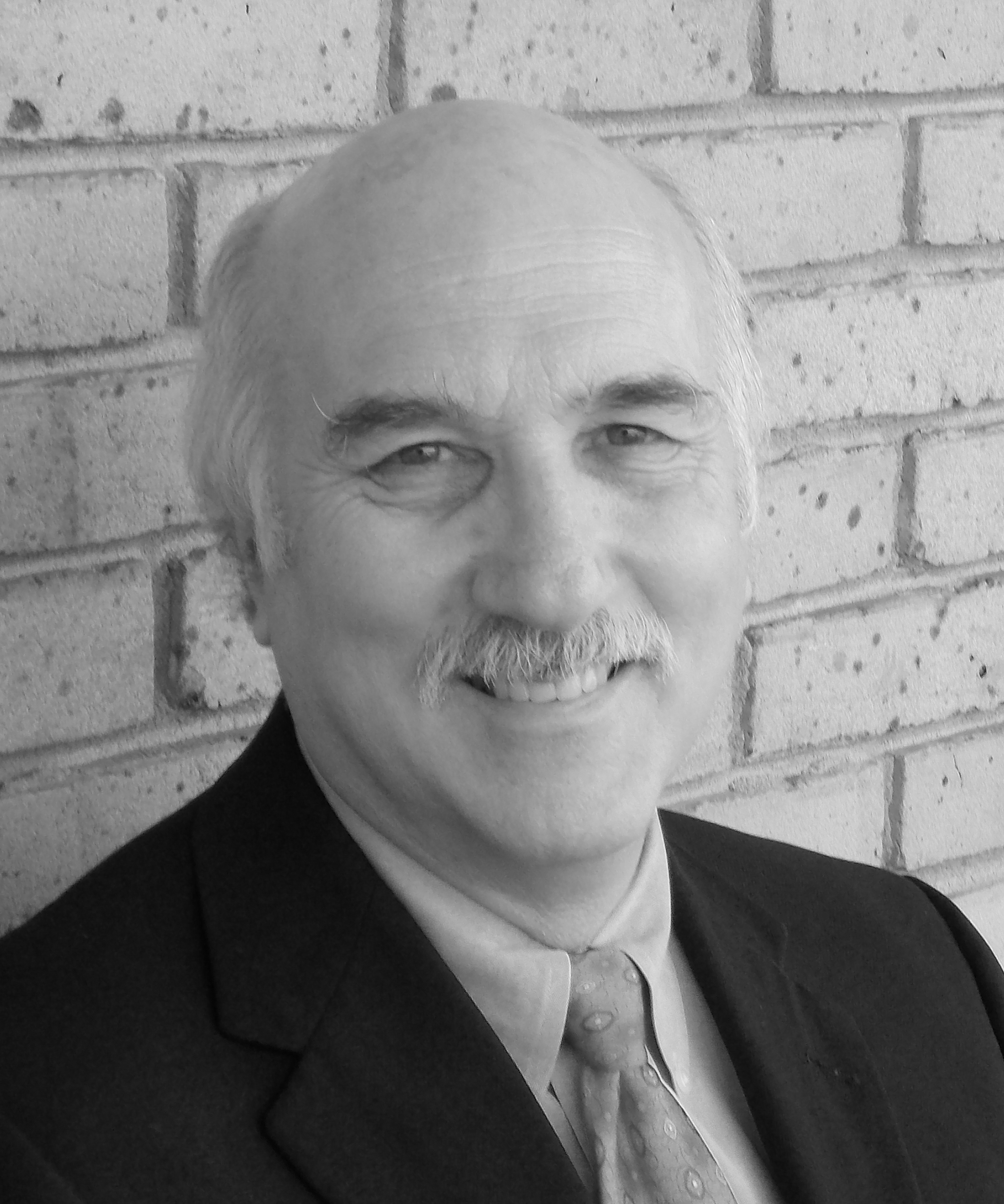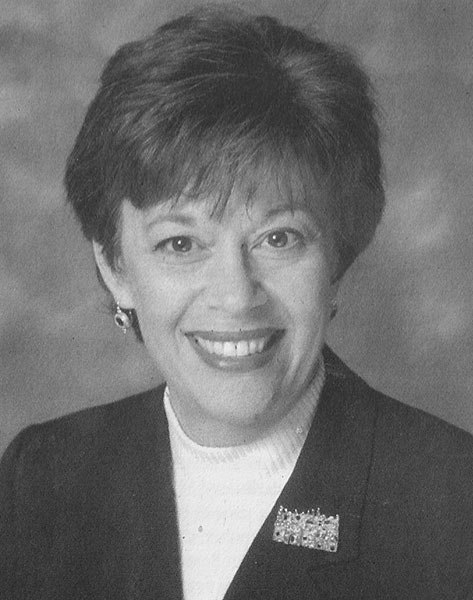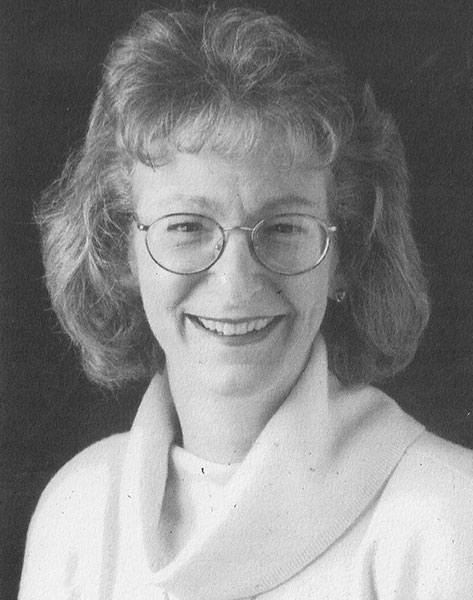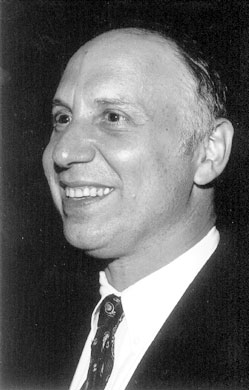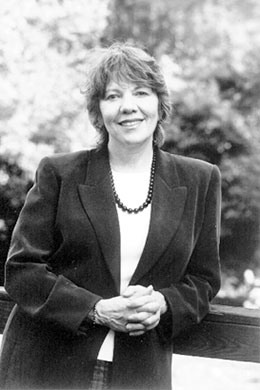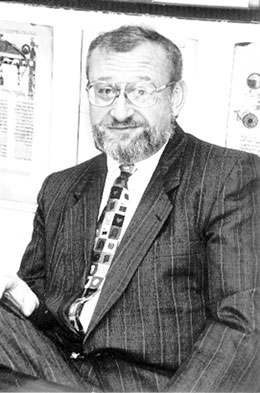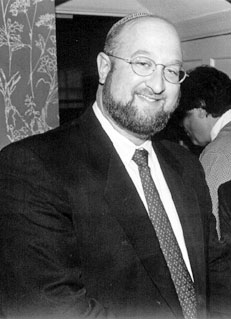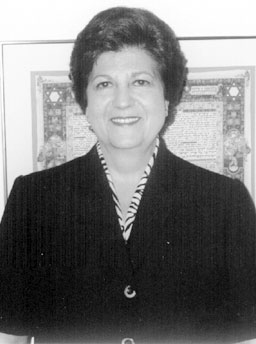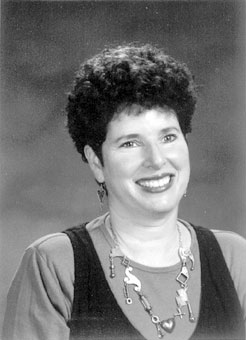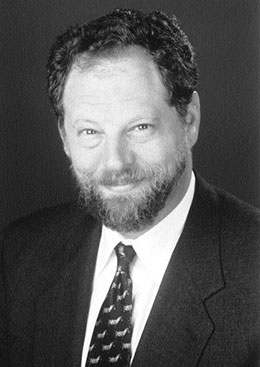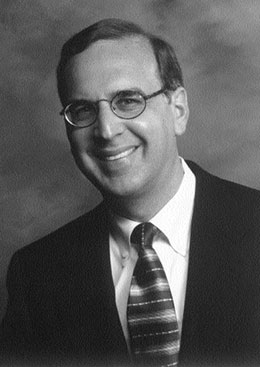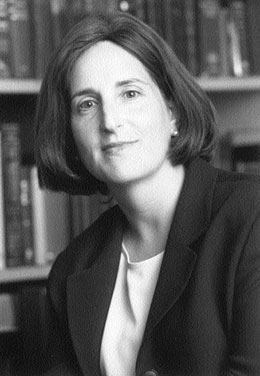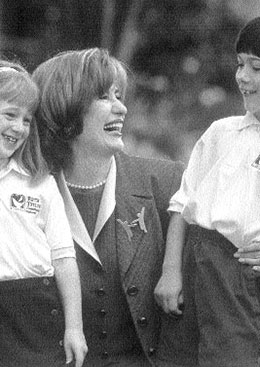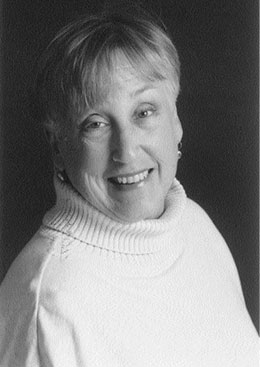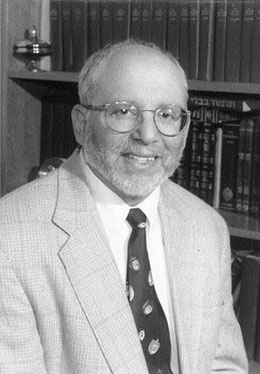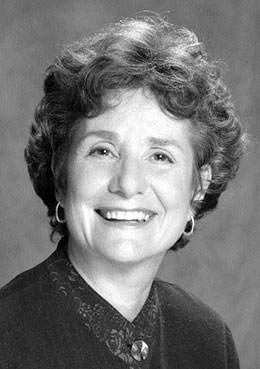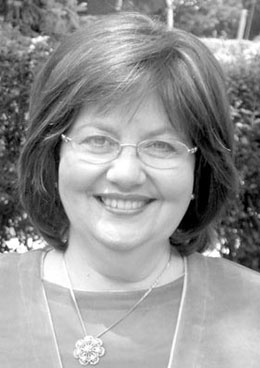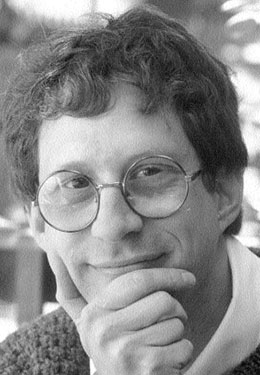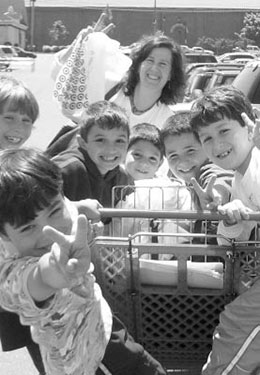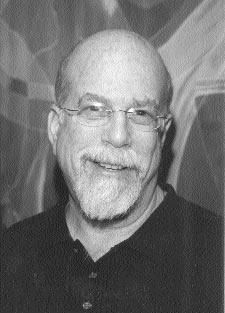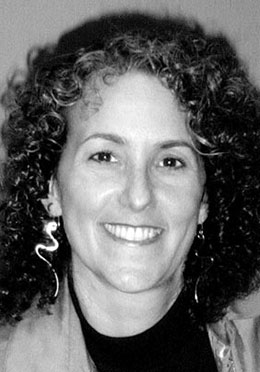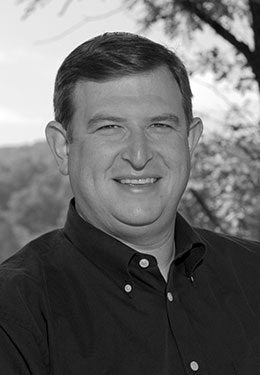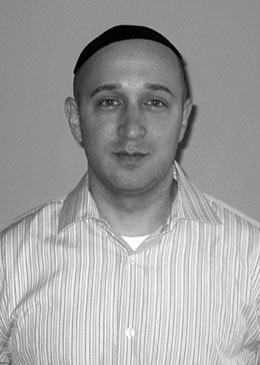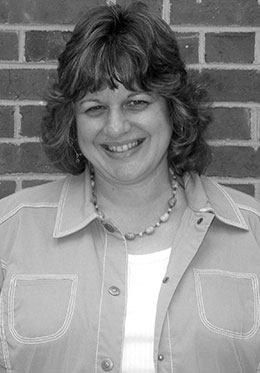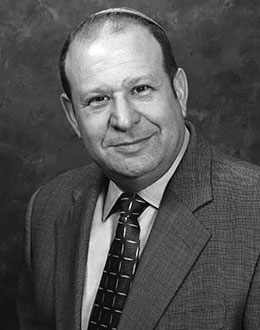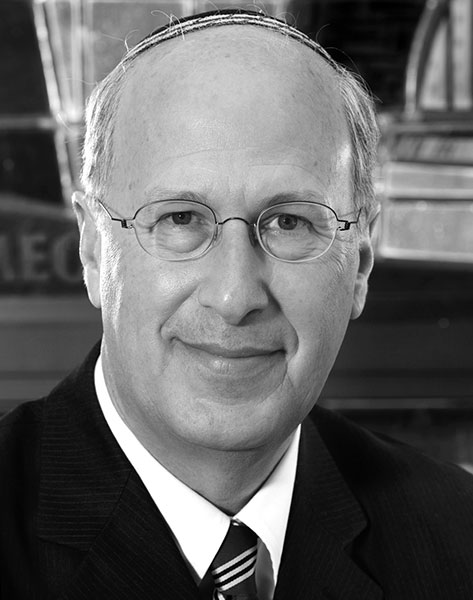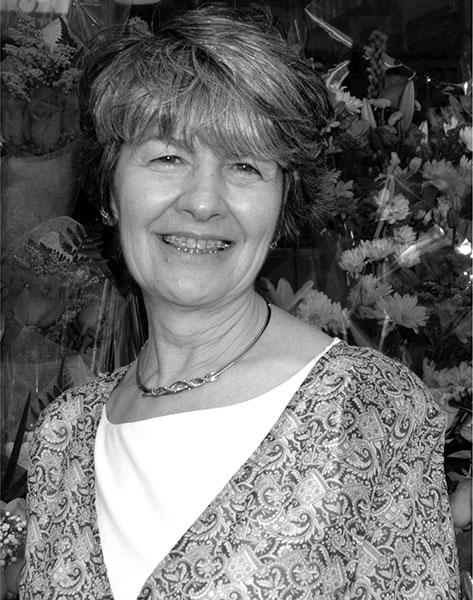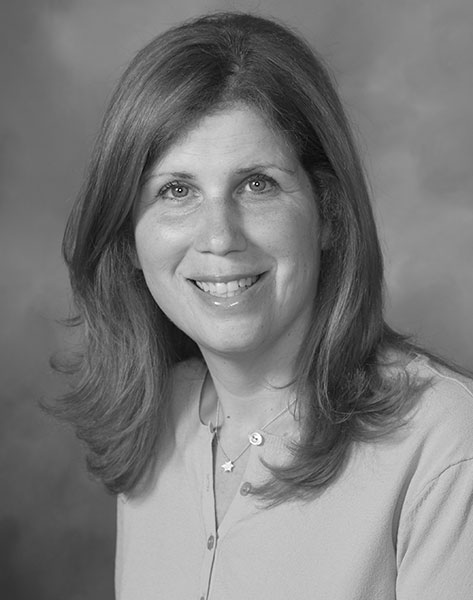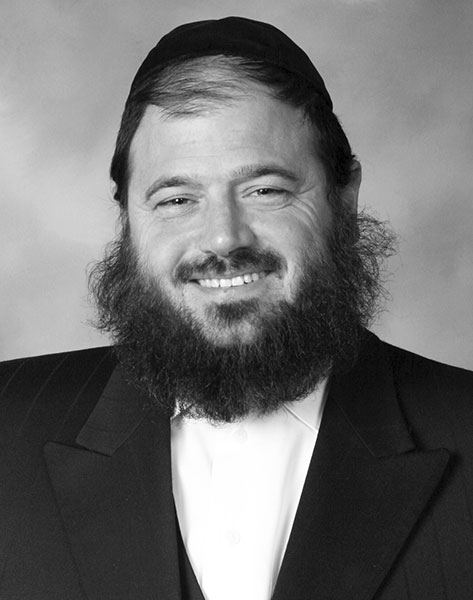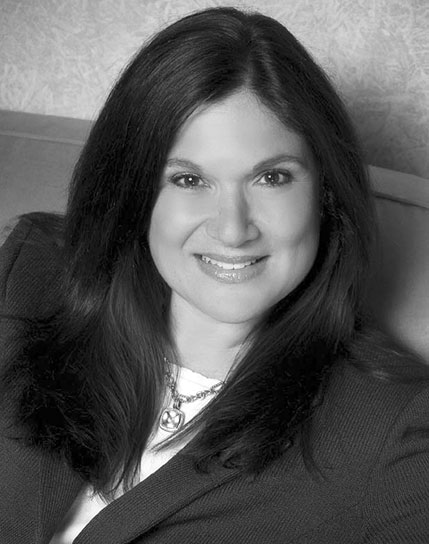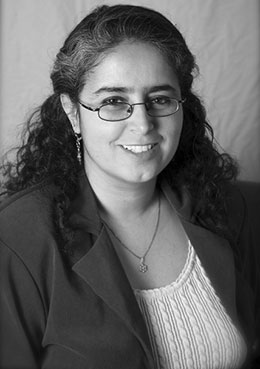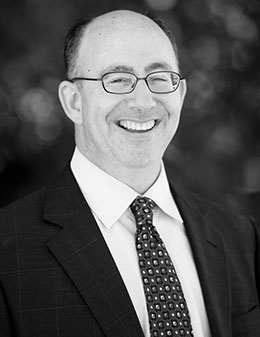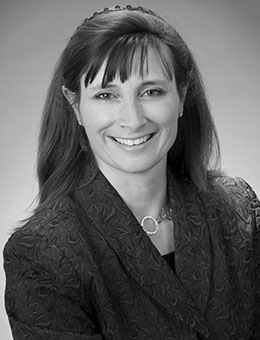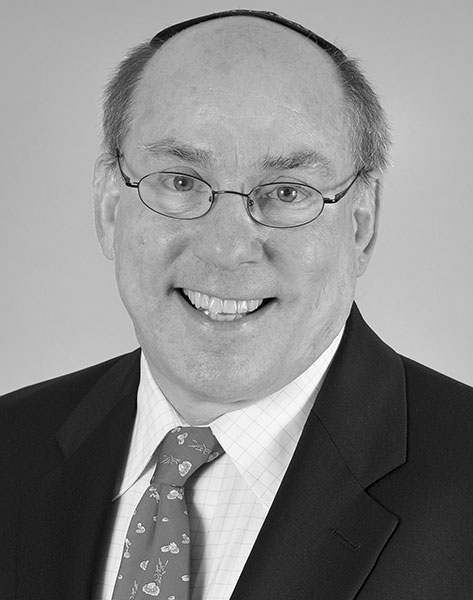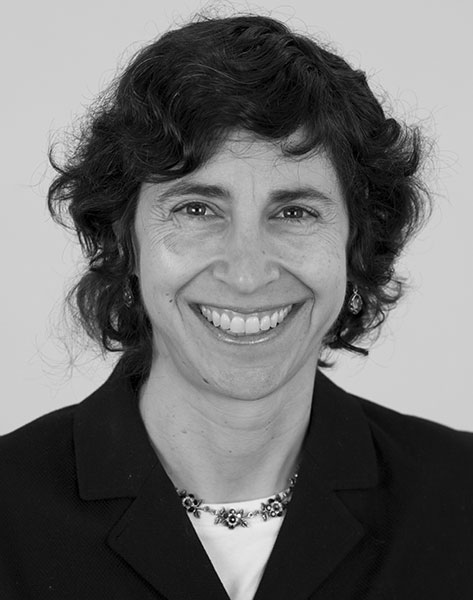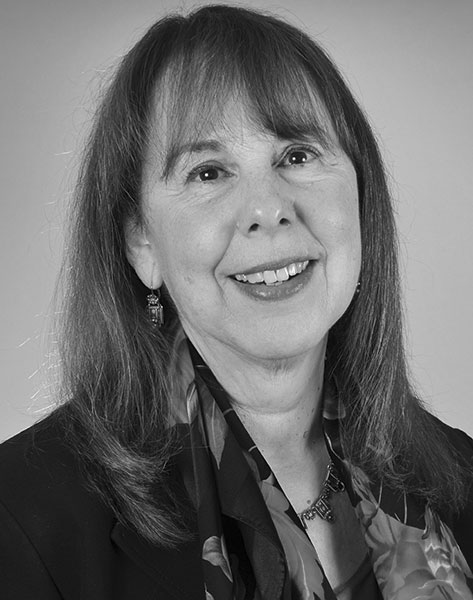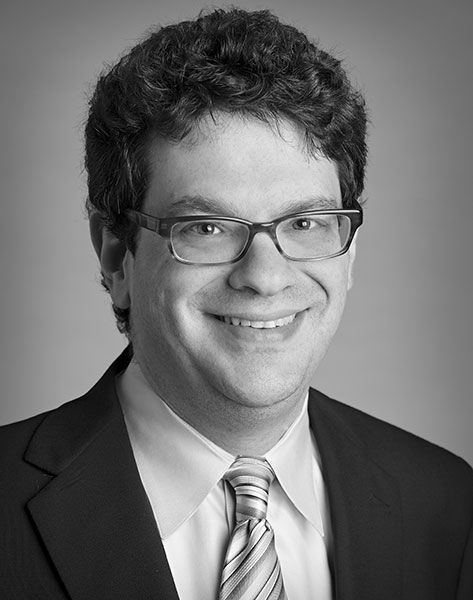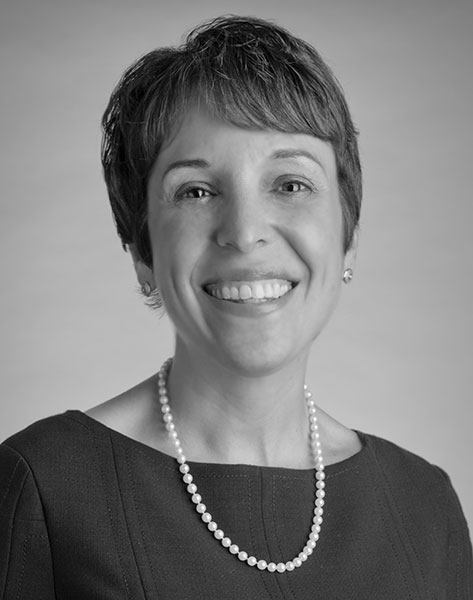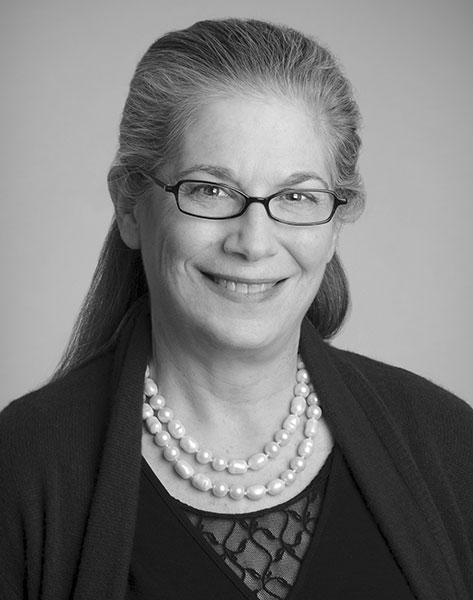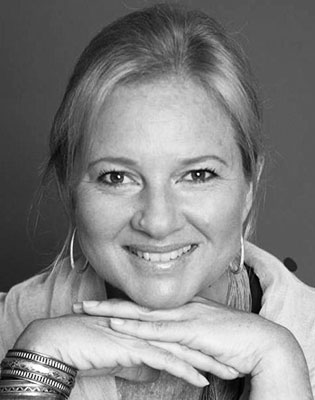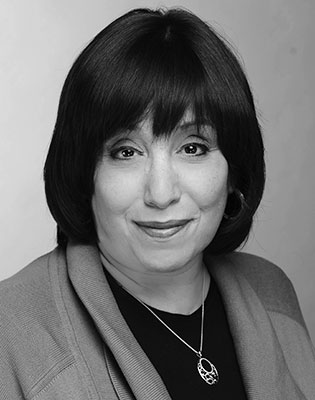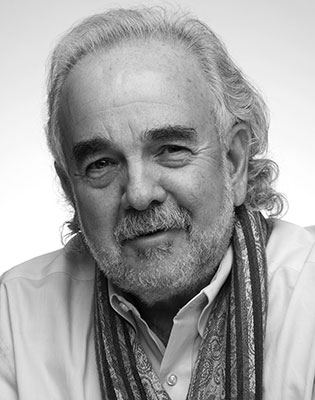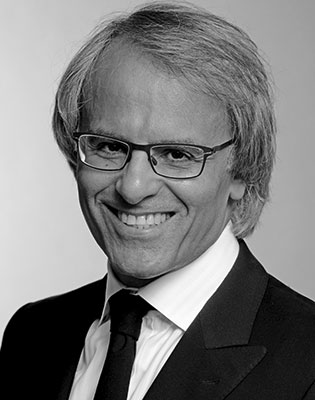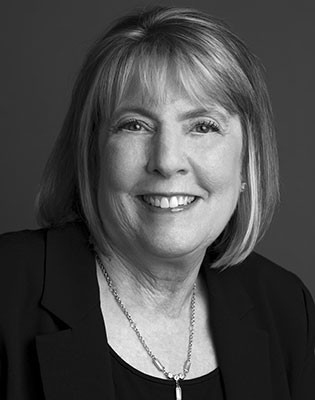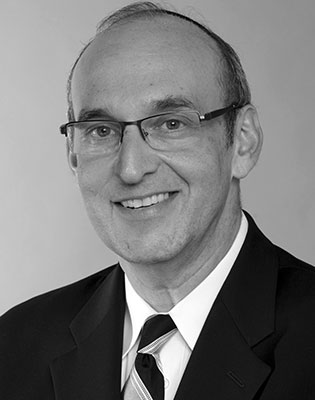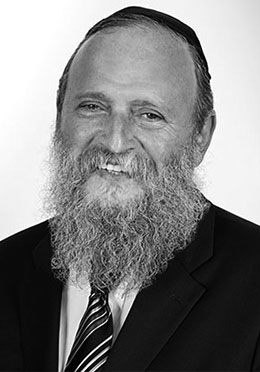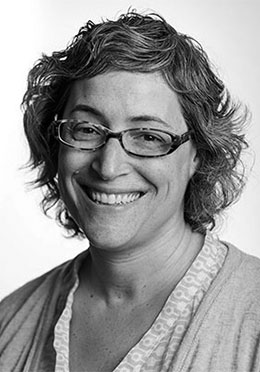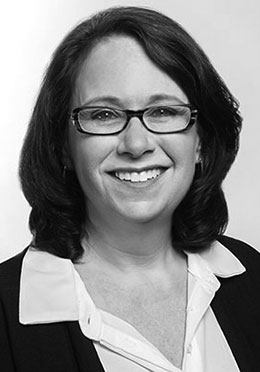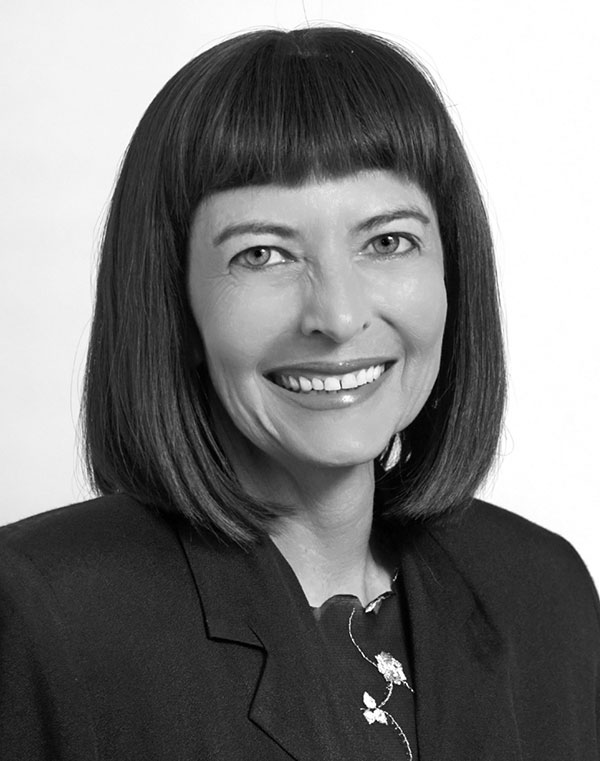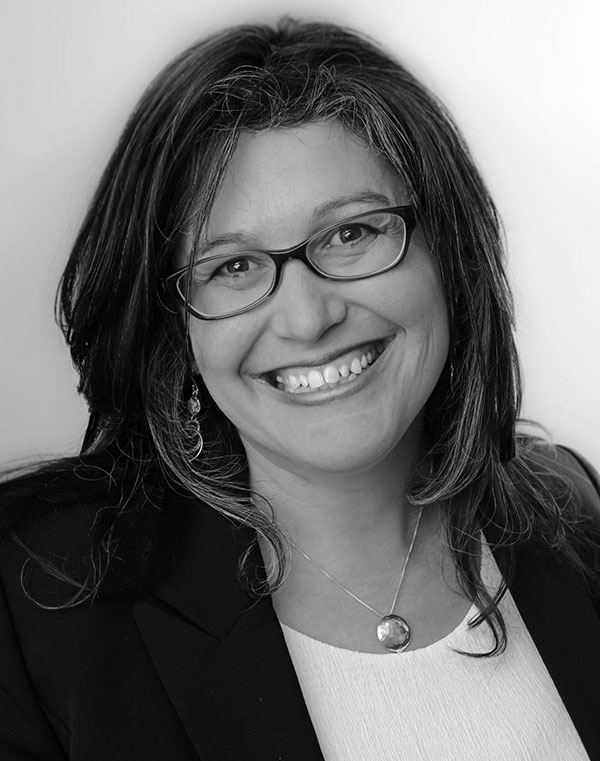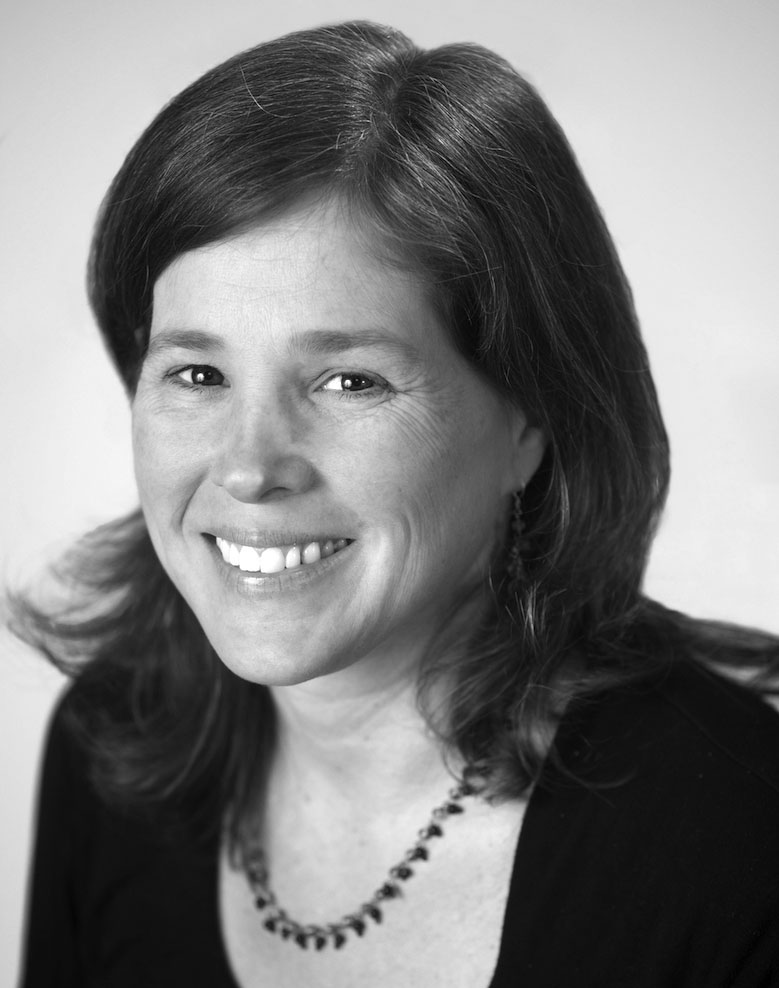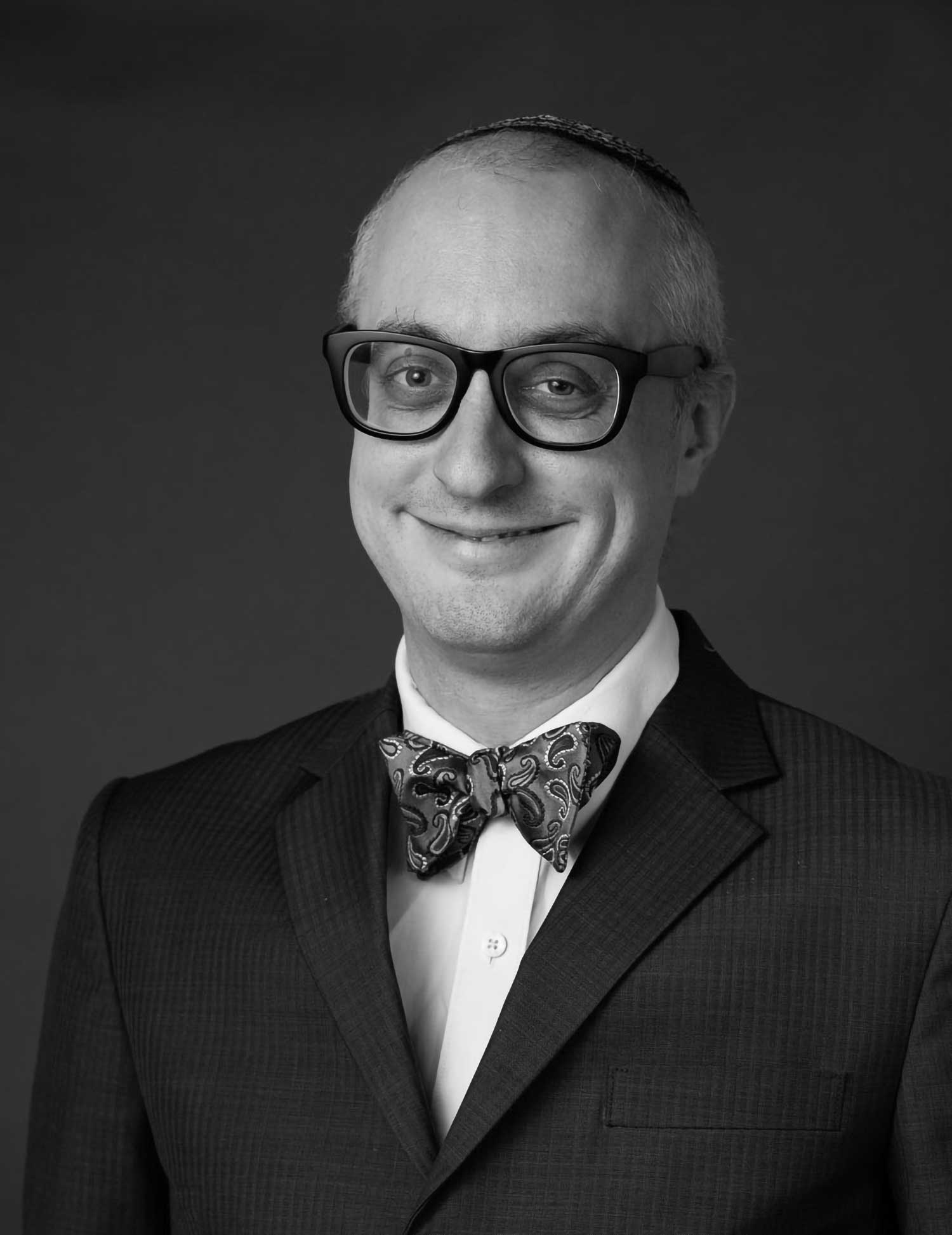
2020 Covenant Award Recipient
Russel Neiss
Senior Product Engineer, Sefaria
St. Louis, Missouri
Russel Neiss is the Senior Product Engineer at Sefaria, where he has worked since 2015. In this capacity, Neiss is responsible for the development of a groundbreaking educational resource—a free living library of Jewish texts and their interconnections, in Hebrew and in translation. At Sefaria, Neiss creates interactive platforms that enable learners to engage with Jewish textual tradition from anywhere.
Neiss also spearheaded the development of Sefaria’s Source Sheet Builder tool, which has enabled tens of thousands of educators to create their own source sheets and share them with students, colleagues, and the wider community. In collaboration with his colleagues, Neiss envisioned, developed, and built Sefaria’s first mobile app, putting Jewish learning and Sefaria’s tools into the hands of users everywhere.
Neiss’ goal when creating new digital tools isn’t, as he writes, to “simply deliver and deposit Jewish content into the minds of learners,” nor to produce experiences that will be passively consumed. Rather, he aims to help empower learners to find opportunities, knowledge, and experiences that will facilitate their own growth, at their own pace.
Prior to his work at Sefaria, Neiss served as the Director of Educational Technology for BimBam (formerly G-dcast). There, he developed digital Jewish educational experiences through the creation of nearly a dozen mobile apps, as well as interactive eBooks and websites, which together served more than 100,000 individuals annually. Neiss was also a cofounder of Not-a-Box Media Lab in Brooklyn, New York, a venture through which he sought to raise the quality of Jewish learning by offering easy access to 21st century technologies. One of the products that Neiss imagined and developed is PocketTorah, a mobile learning app that dramatically lowered barriers to access and enabled hundreds of thousands of people to learn to read Torah.
During summers from 2010 to 2018, Neiss was a faculty member at Brandeis University. In this role, he worked with the university’s Office of High School Programs to create and facilitate a course for its Genesis Program, which combined technology and Judaism in high level learning experiences for teens from around the world. Through the Genesis Program, Neiss created an early model of Jewish maker-based education that has since been adapted by other institutions across the nation.
Neiss earned his B.A. in Jewish Studies and Religious Studies (2005) and his Master of Library Science (2008) from Queens College. He also earned a Master of Science in Educational Leadership (2012) from Brooklyn College. In addition, Neiss earned a Certificate of Completion for Intermediate Yiddish (2003) from the YIVO Institute for Jewish Research and a Certificate of Completion for Advanced Yiddish (2004) from the University of Vilnius.
Neiss’ honors and awards include: selection as one of The Forward’s Forward 50 (2017); selection as a Jewish Federation of St. Louis Millstone Fellow (2014); winner of The Jewish Education Project and The Covenant Foundation’s Jewish Futures Competition (2010); selection as a PresentTense Global Fellow (2009); and recipient of the Association of Jewish Libraries’ Student Scholarship (2007).
From His Letters of Nomination and Support
“Russel is an artist whose medium is education. He approaches his work, and his life, with an unflinching passion and vision for helping individuals to realize their full potential and to apply Jewish teachings in transformative ways, both for the Jewish community and the world at large. At Sefaria, Russel radically breaks down the walls of the traditional beit midrash, enabling Jewish learning to reach beyond the structures of traditional classrooms and institutions. More than a practitioner, he embodies the prophetic Jewish value of seeing the world for what it might be and not what it is.”
Rabbi Charlie Schwartz
Director of Content Development, The Center for Jewish and Israel Education, Hillel International
“Russel had a different approach to teaching than a typical classroom teacher. Instead of focusing on only one area of study, Russel focused on inquiry, exploration, and creation. Russel’s goal was to help students become learners who could process and use information independently. He focused on educating informed, Jewish-minded learners, and integrating Jewish topics into the curriculum.”
Rachelle Pilarski
School Librarian, Yeshiva Har Torah
“Russel is an educator first and foremost, because his instinct is to consider the actual experience of the learner. He cares about opening minds and has a profound belief in the power of progressive models that put students in the driver’s seat. Russel also thinks deeply about education and advocates for product development that facilitates good education. He is an iconoclast who thinks differently and sees the world differently. Russel’s perspective and voice are a gift for the Jewish community.”
Daniel Septimus
Chief Executive Officer, Sefaria
Q&A with Russel
As a Jewish educator and technologist, Russel M. Neiss is always dreaming up ways to “democratize” Jewish texts and knowledge, using his considerable coding skills to reach Jews of all ages and backgrounds. As senior product engineer at Sefaria, he has helped develop a groundbreaking living library of Jewish texts, as well as Sefaria’s popular Source Sheet Builder tool and its first mobile app. Among Neiss’s earlier creations: the PocketTorah app, which helps users learn to chant the weekly Torah portion and Haftarah from anywhere, and BimBam’s (formerly G-dcast) “Let’s Bake Challah” app, which brings 3-5-year-olds through the process of preparing, baking, and eating a virtual challah.
How did your first job out of college influence the trajectory of your career?
I spent that year as a traveling educator for the Institute of Southern Jewish Life. What I saw down South inspired me to no end. I may have had more book knowledge about Judaism, but the people I met had more knowledge and understanding of what it means to be a Jew in America than I’ll ever have. I helped them fulfill their desires for Jewish learning and their thirst for knowledge; within a short time, I was hooked. Since then, my mission has been to ensure that every Jew has the resources available to make Judaism meaningful in their own lives, so they can transform Judaism and the world around them.
What projects are you working on now that you’re most excited about?
At Sefaria, our work has been focused on being a library, a place for people to consume information. But now we’re revamping our editor [tool] to allow folks to write their own Torah. We’re asking, “What’s the richness we can add to the tradition?” We also just launched a prototype called Daf Roulette, where you get matched up with another person to learn that day’s Daf Yomi [Talmud “page of the day”] over real-time video. In my own time, I always have dozens and dozens of projects going, in various states. I have too many ideas and not enough time to put them all into practice.
Is there a piece of text that guides you?
There’s a text in the Gemara (Berakhot 28a) that talks about how Rabban Gamliel kept a doorkeeper at the beit midrash [house of study]. When Rabban Gamliel is deposed, his successor does away with the doorkeeper; that day, the Gemara tells us, there wasn’t a single question that went unanswered. Rashi suggests this is because when you increase the number of students, you increase insightfulness and pilpul, or Talmudic discourse. As someone who is deeply committed to making sure Judaism remains relevant, I believe we need to open our doors to those from different backgrounds, different ideologies, and different levels of learning.
Even as your career as a software engineer has taken off, you’ve made a point to carve out time for in-person teaching—most recently teaching a daily class to fifth graders at your own children’s day school. Why?
If I were an artist or musician and I brought that passion into the classroom, no one would bat an eyelash. But because technology is mysterious and magical for many people, they’re often surprised to hear that I continue to teach. For me, it would feel insufficient to just do the “technology thing” or just teach. I know that one makes me better at the other.
What is the Jewish world missing when it comes to technology?
We have a shininess syndrome. We tend to get caught up in the latest, greatest piece of technology, but we don’t actually think about how that technology fulfills our goals, our aims, and our values. What are the values we want to perpetuate and model? Ultimately, technology is just a tool.
